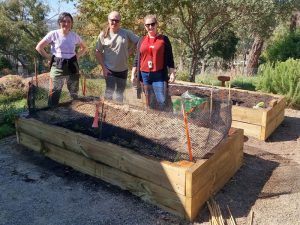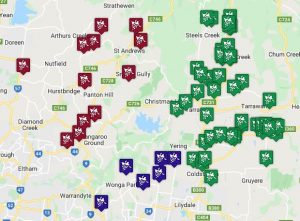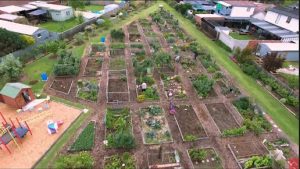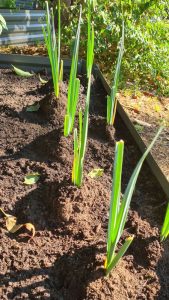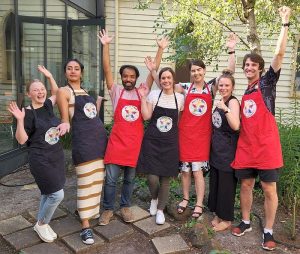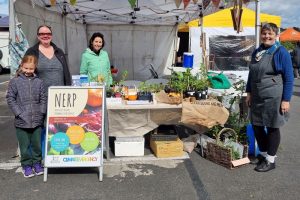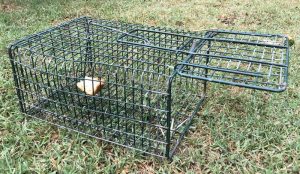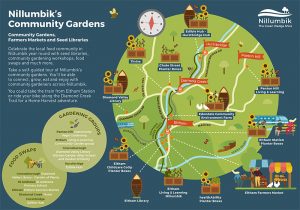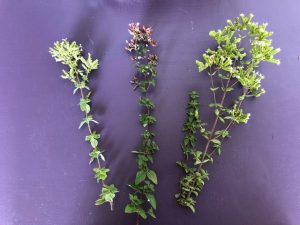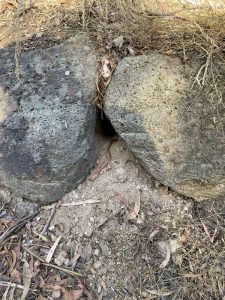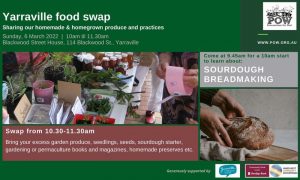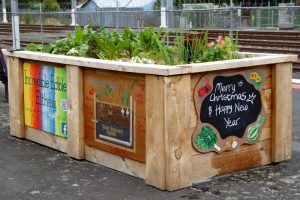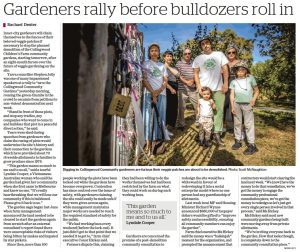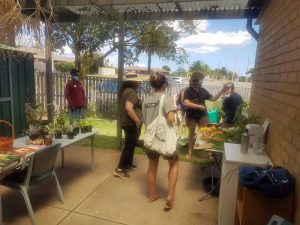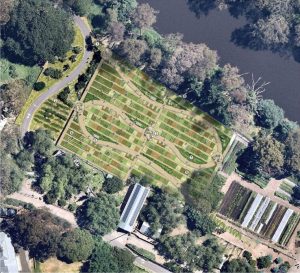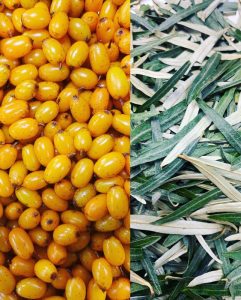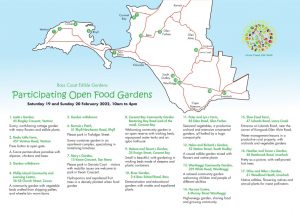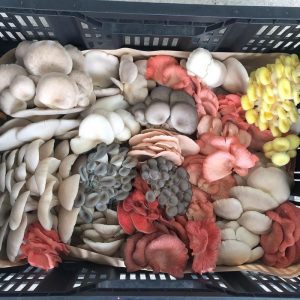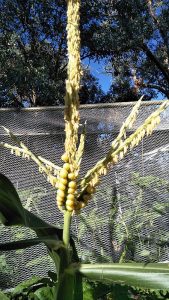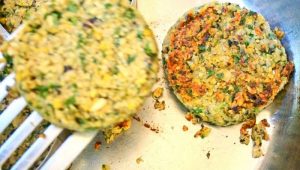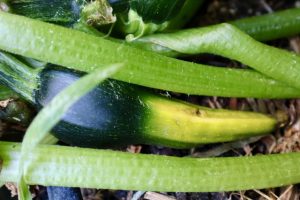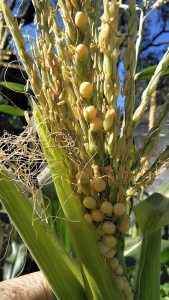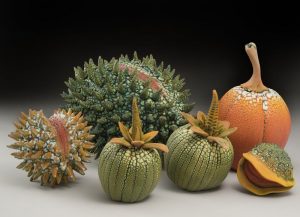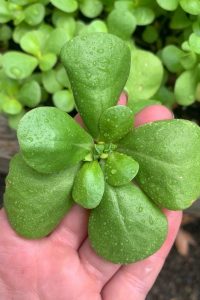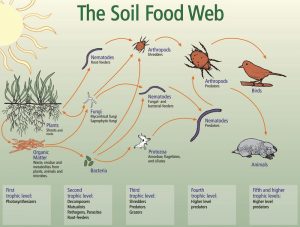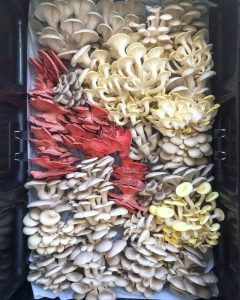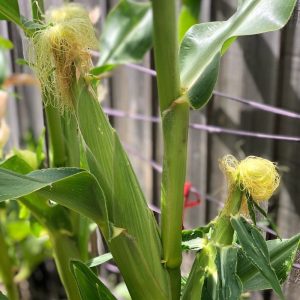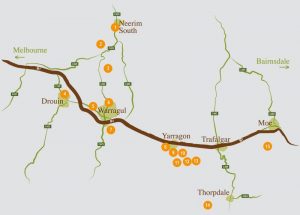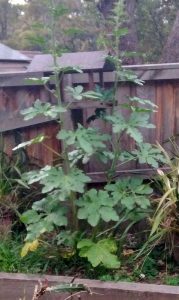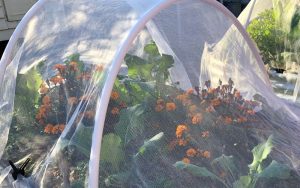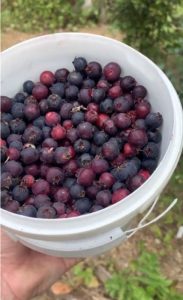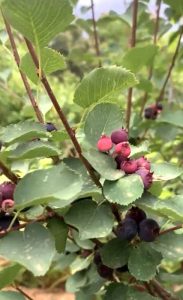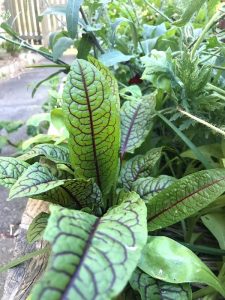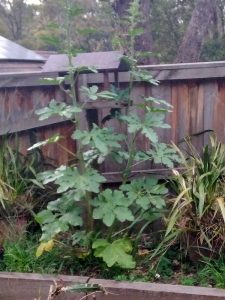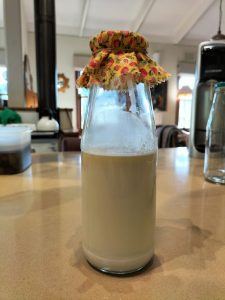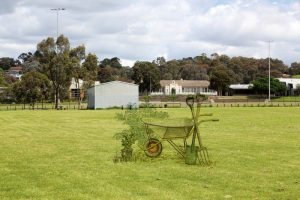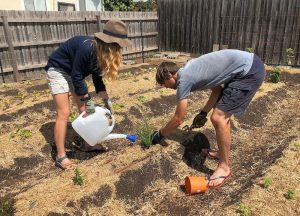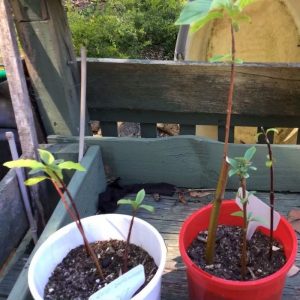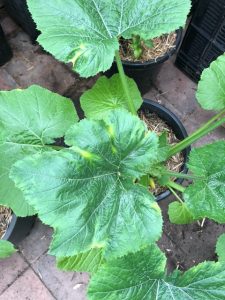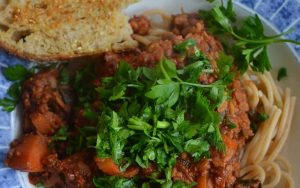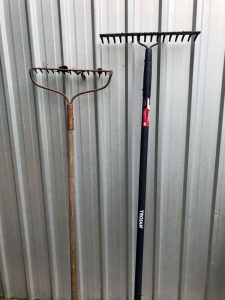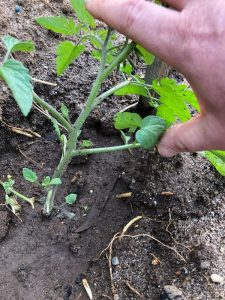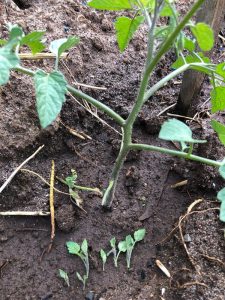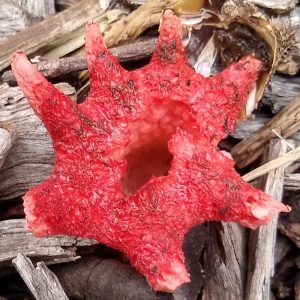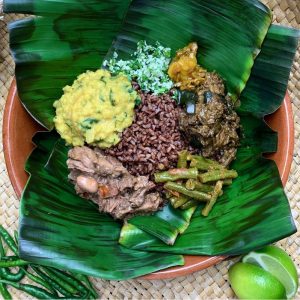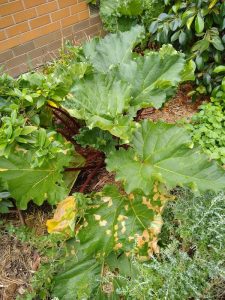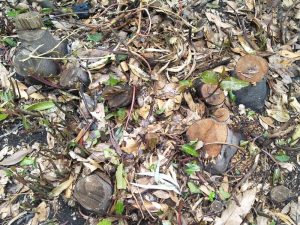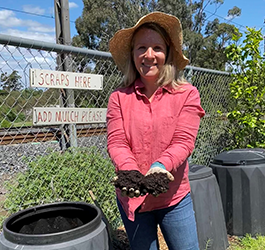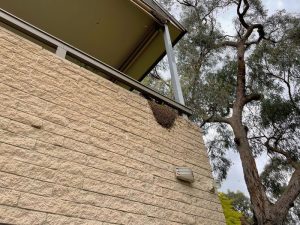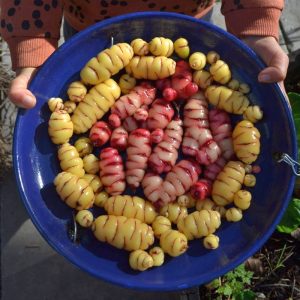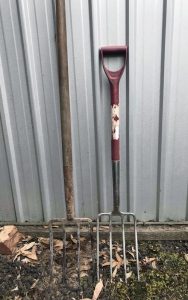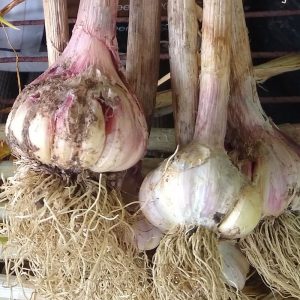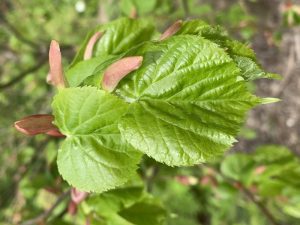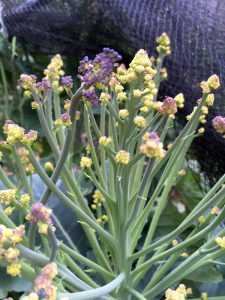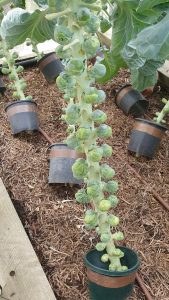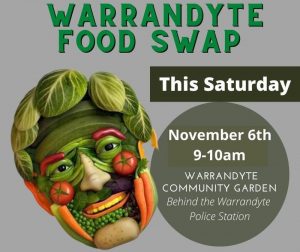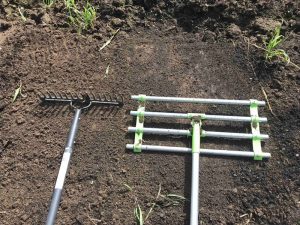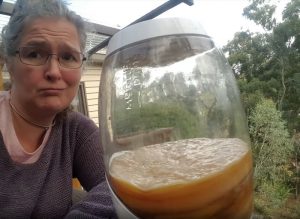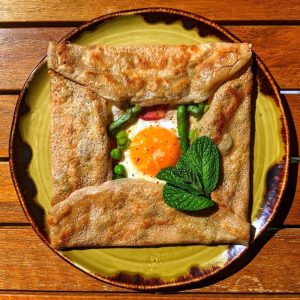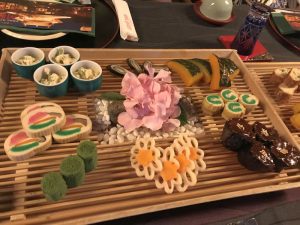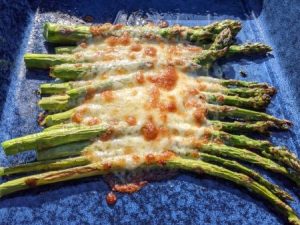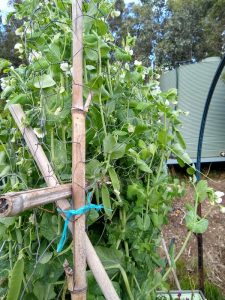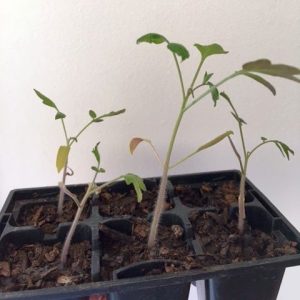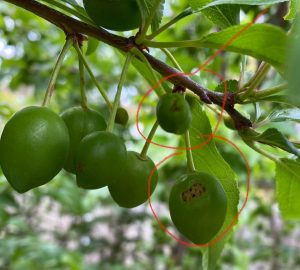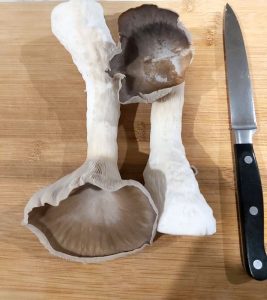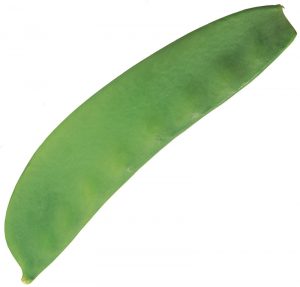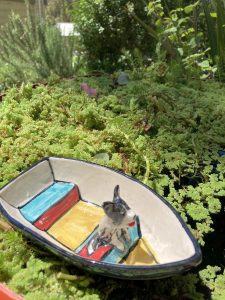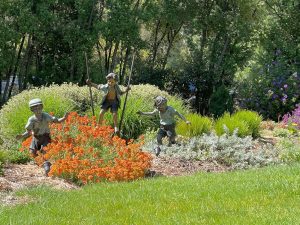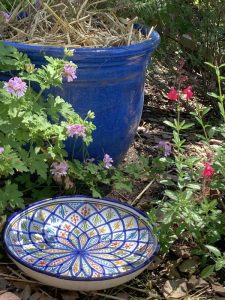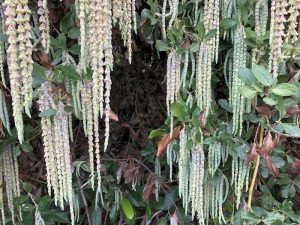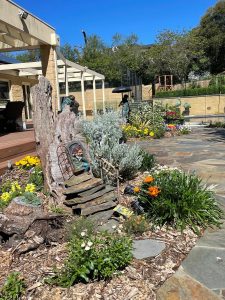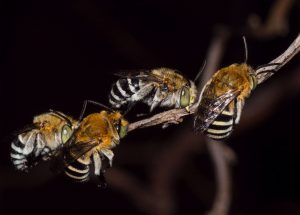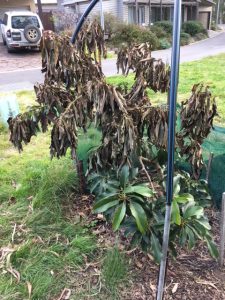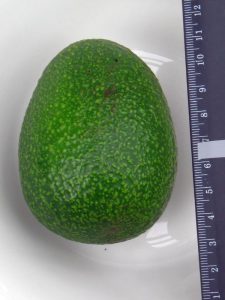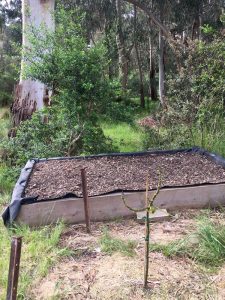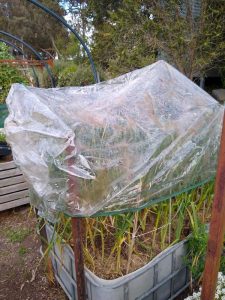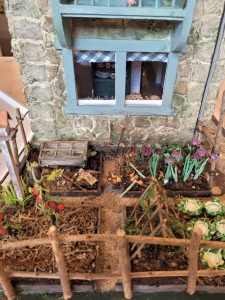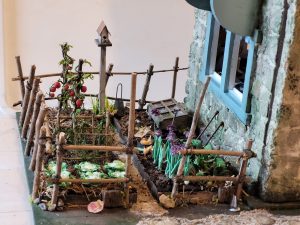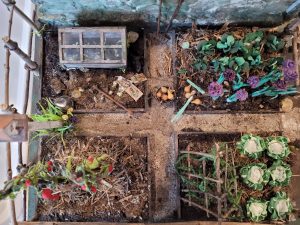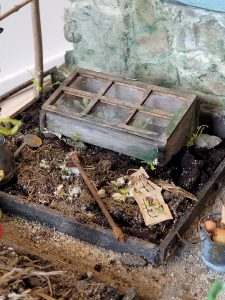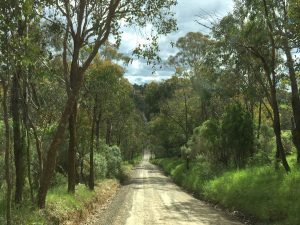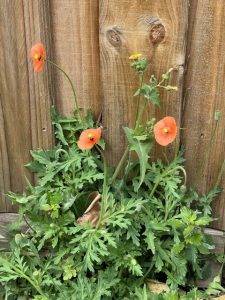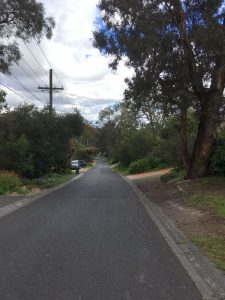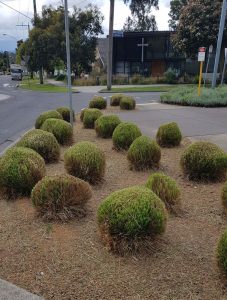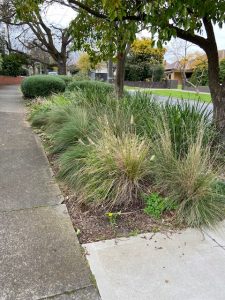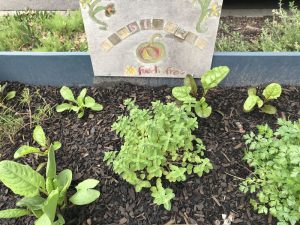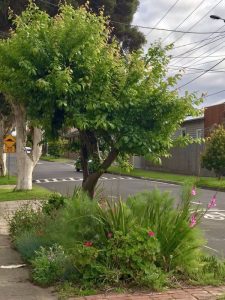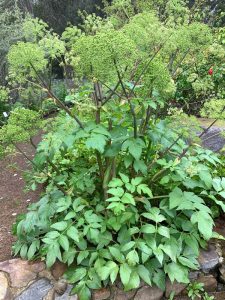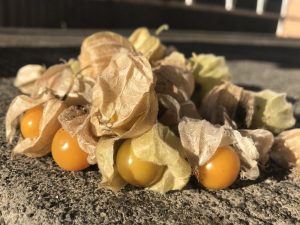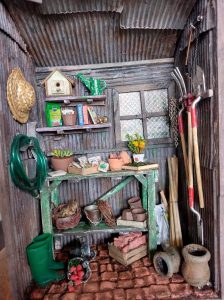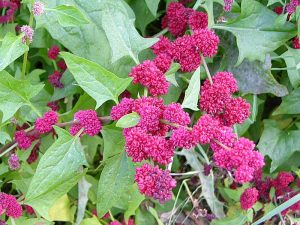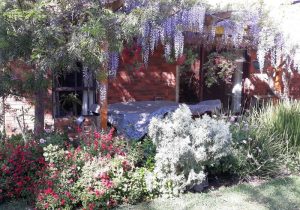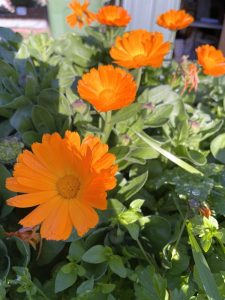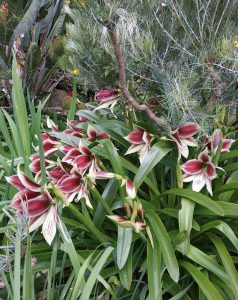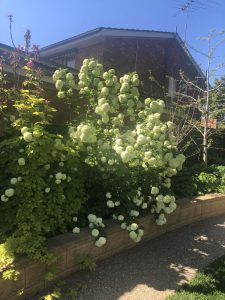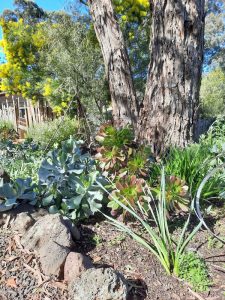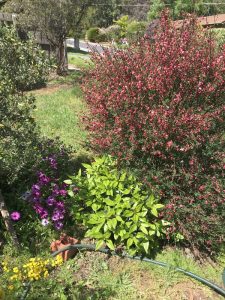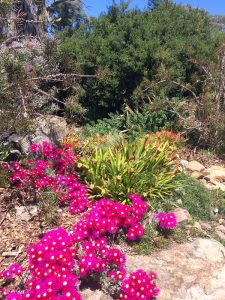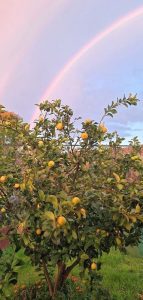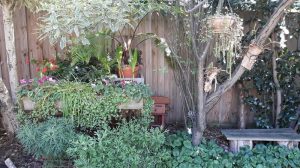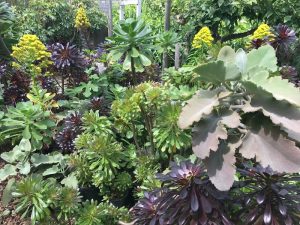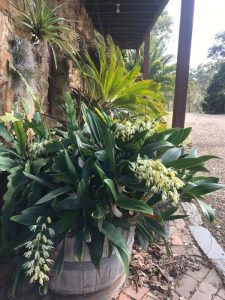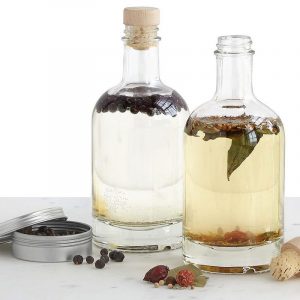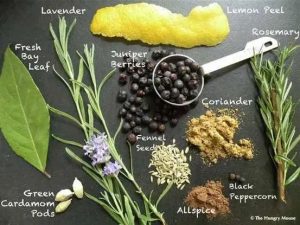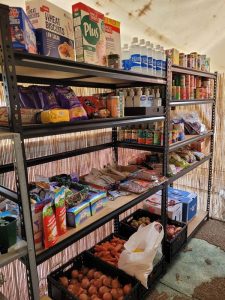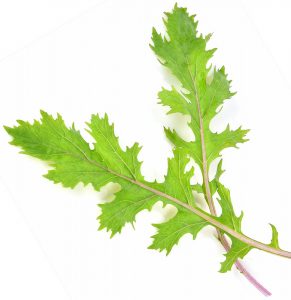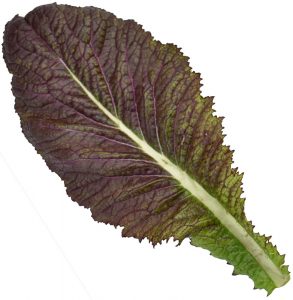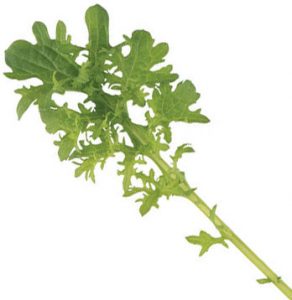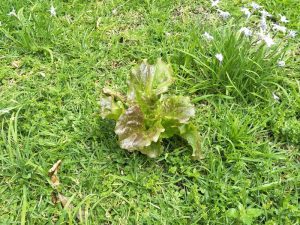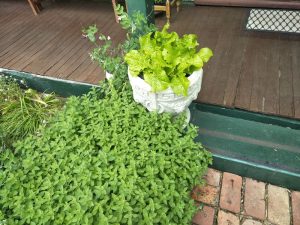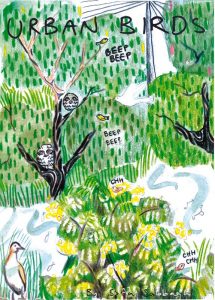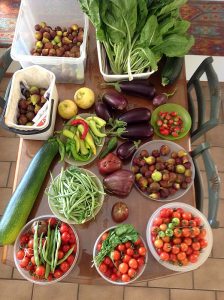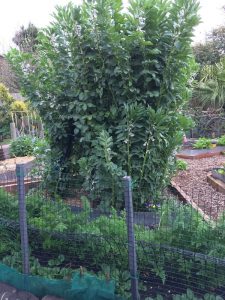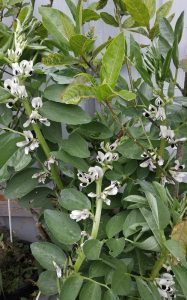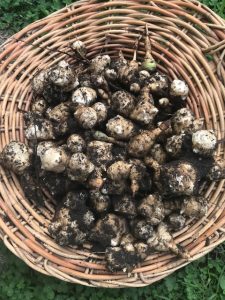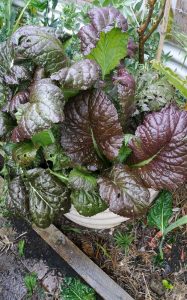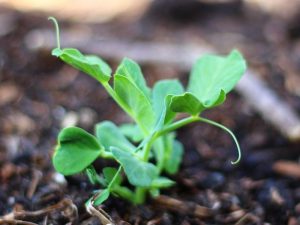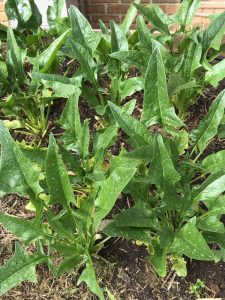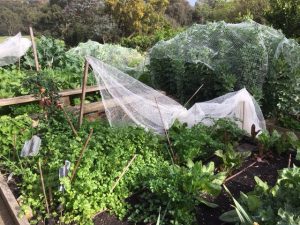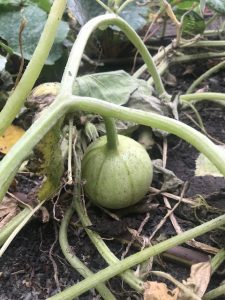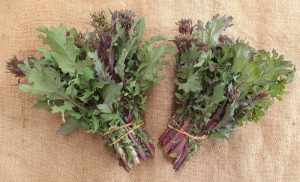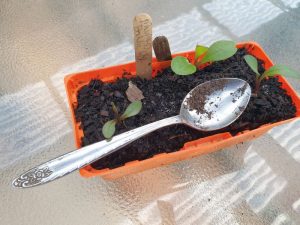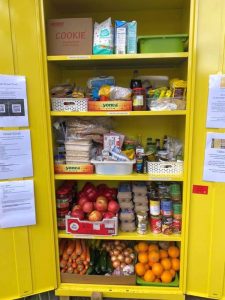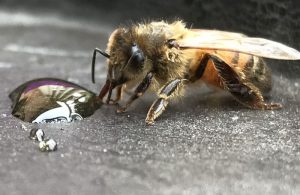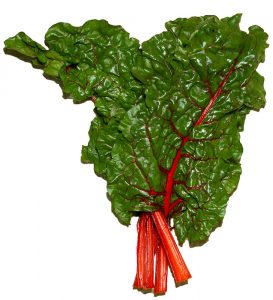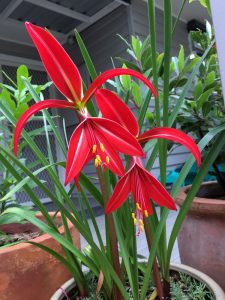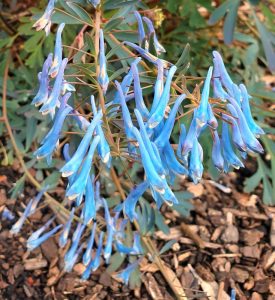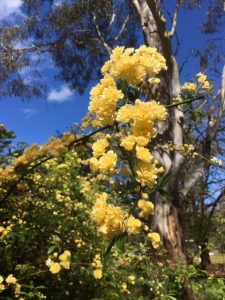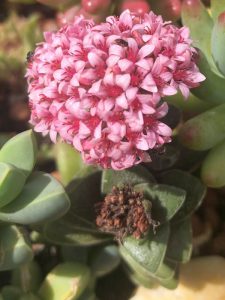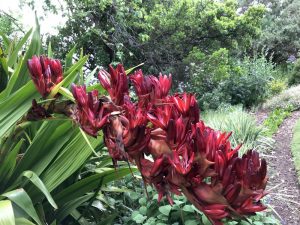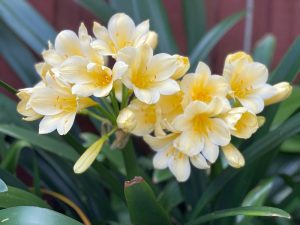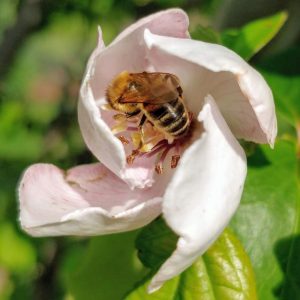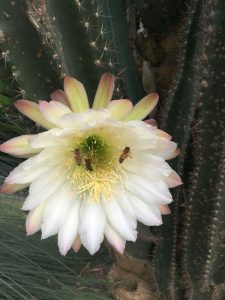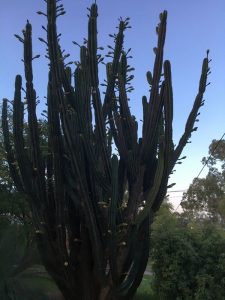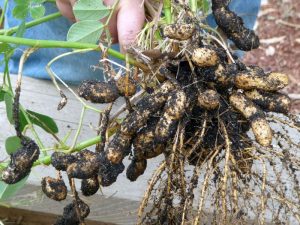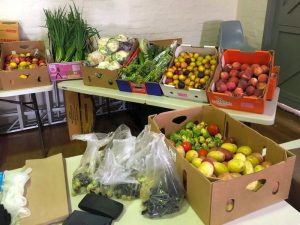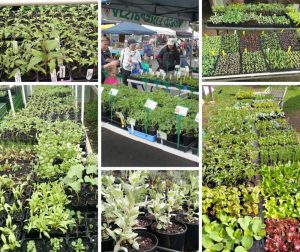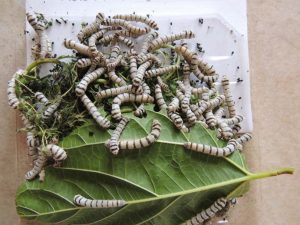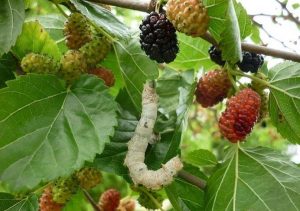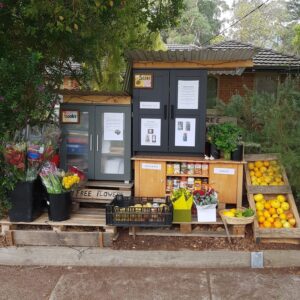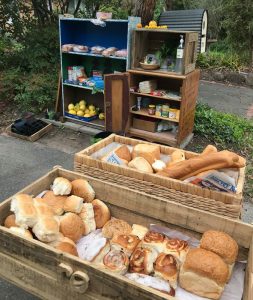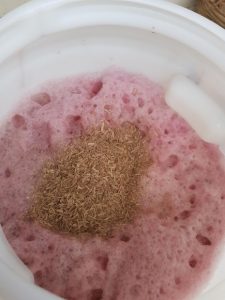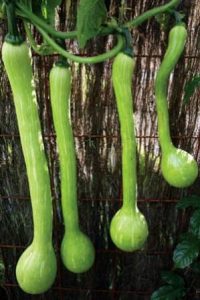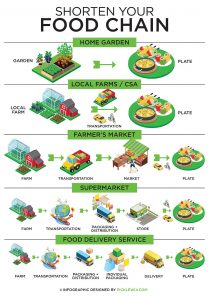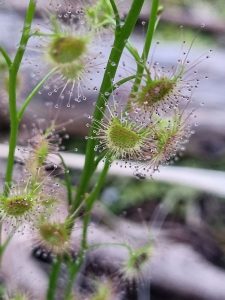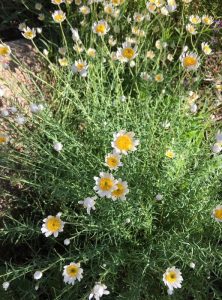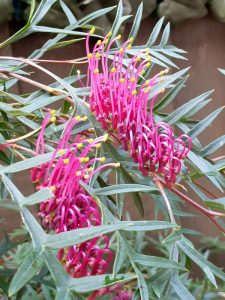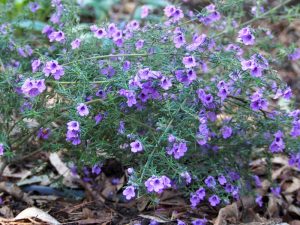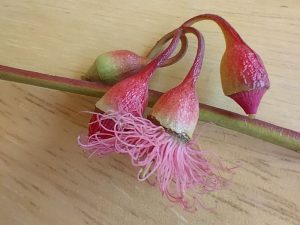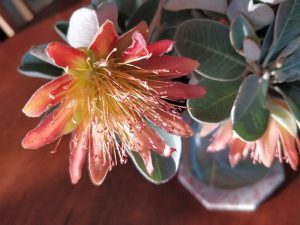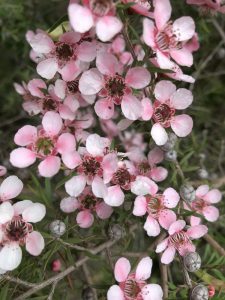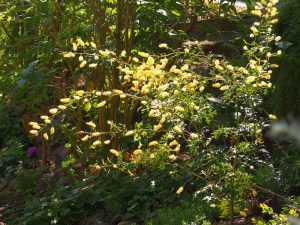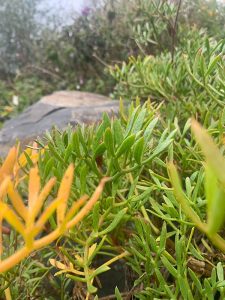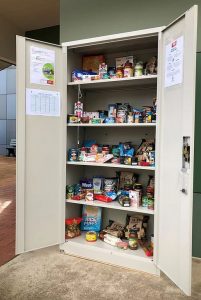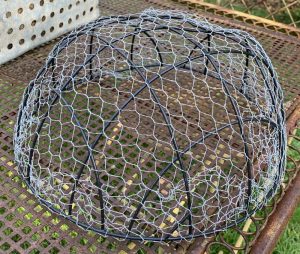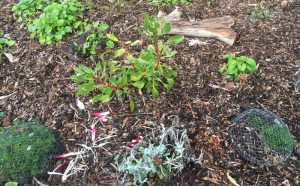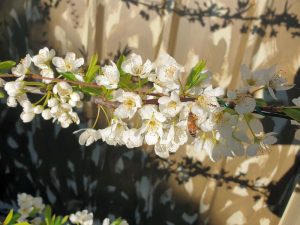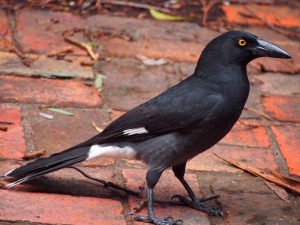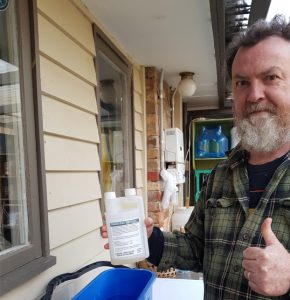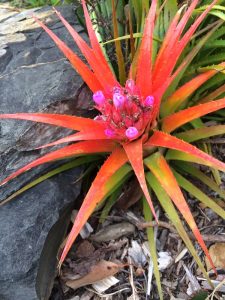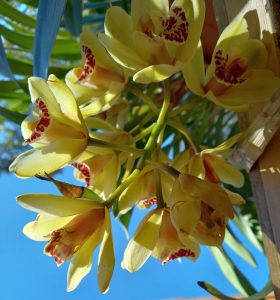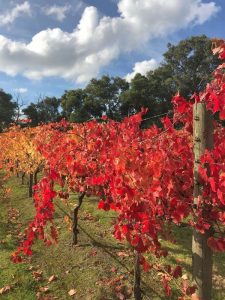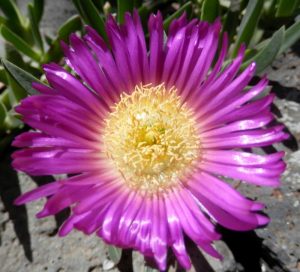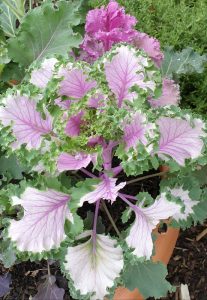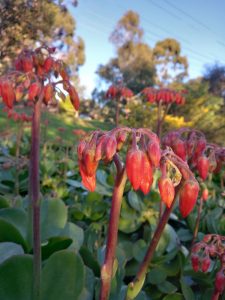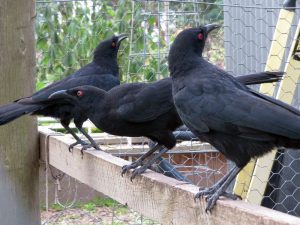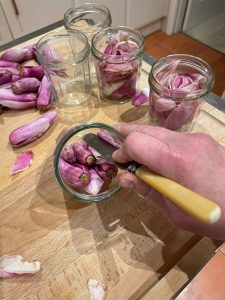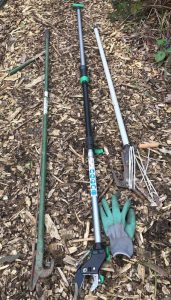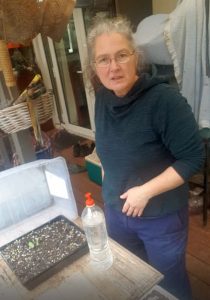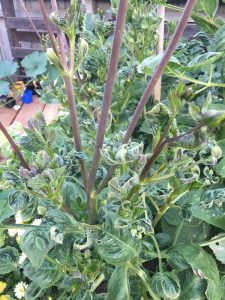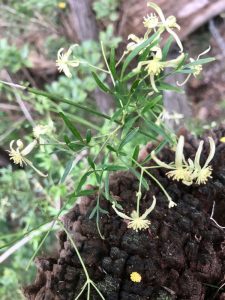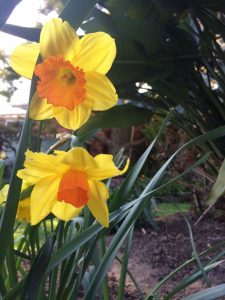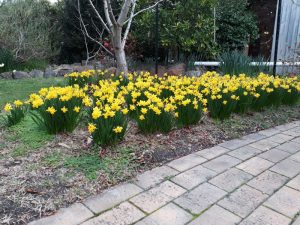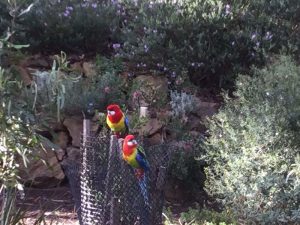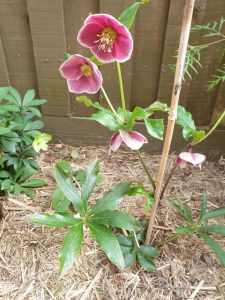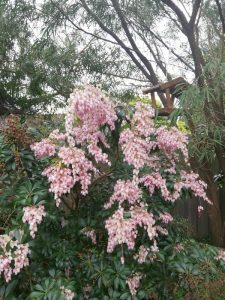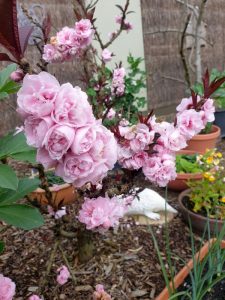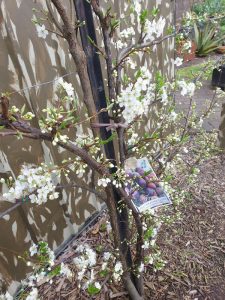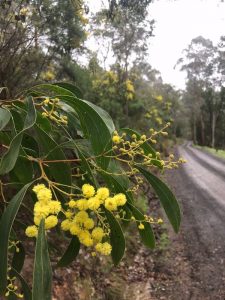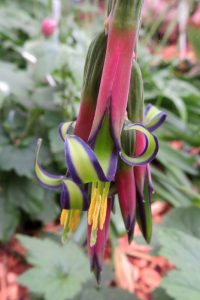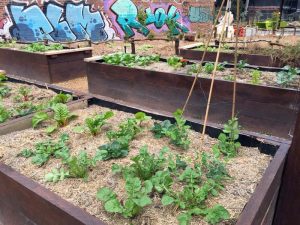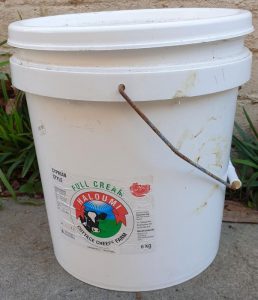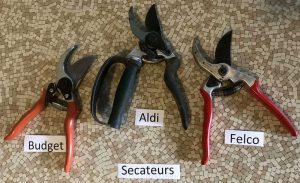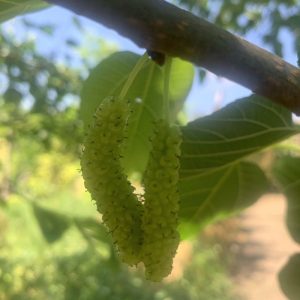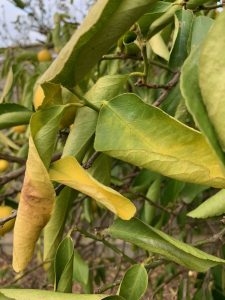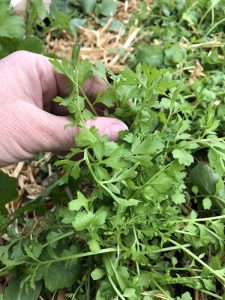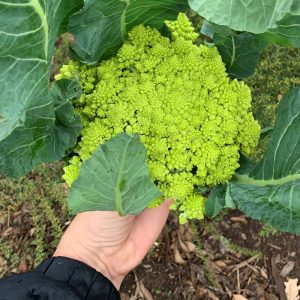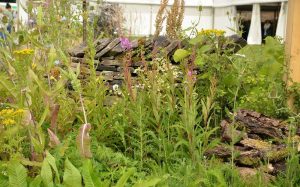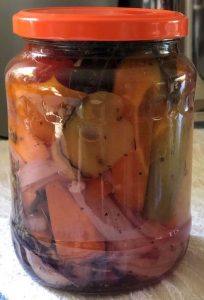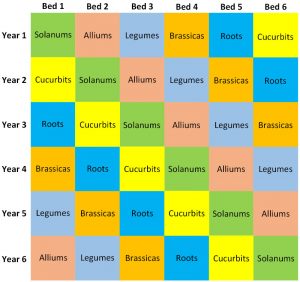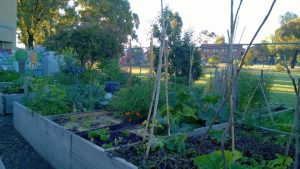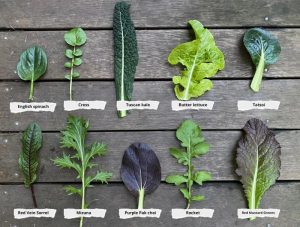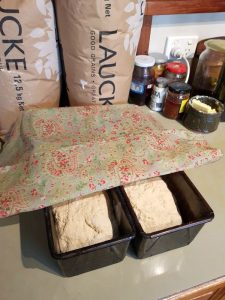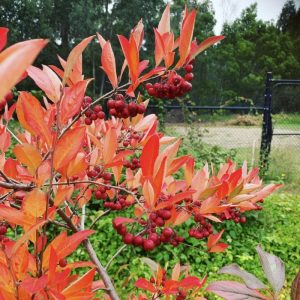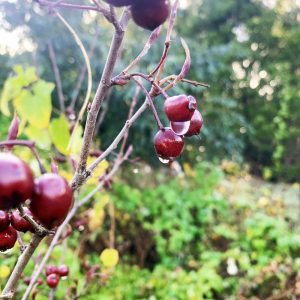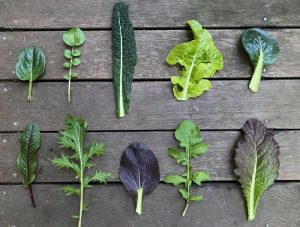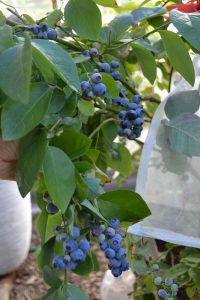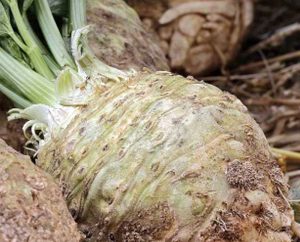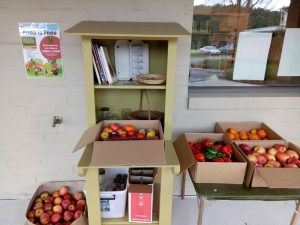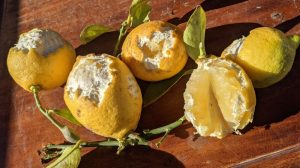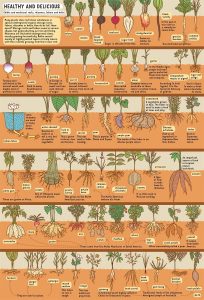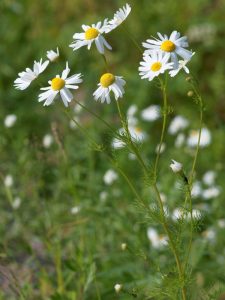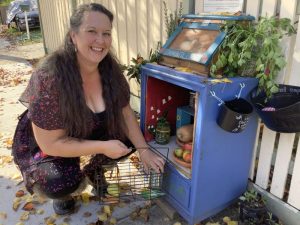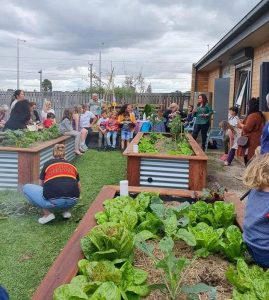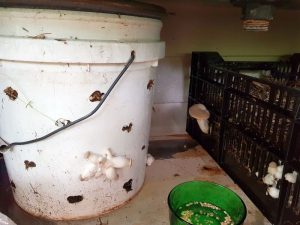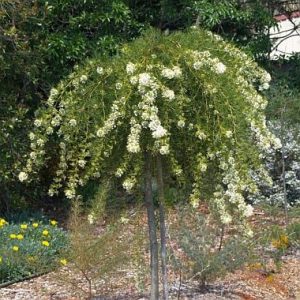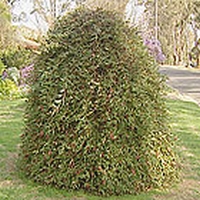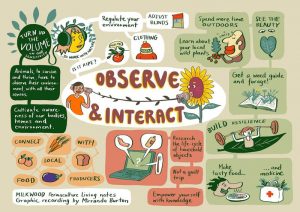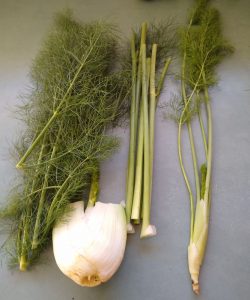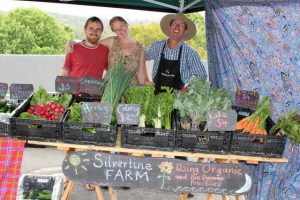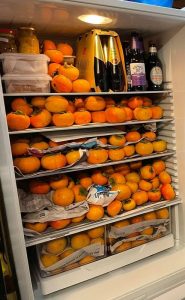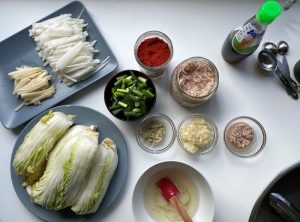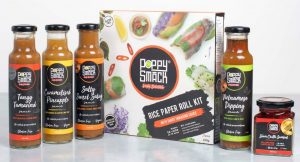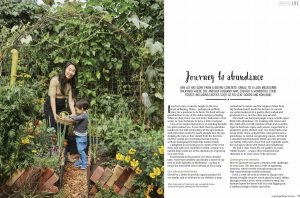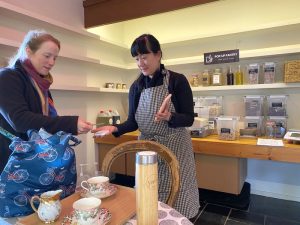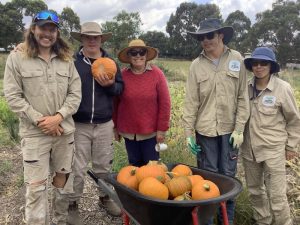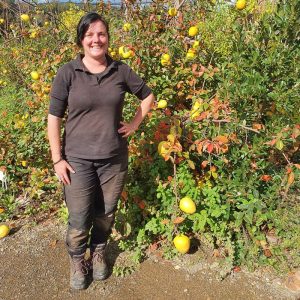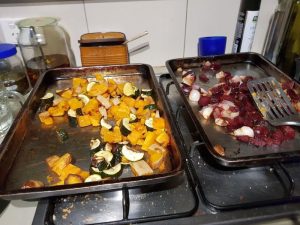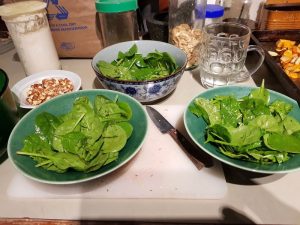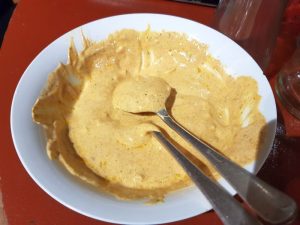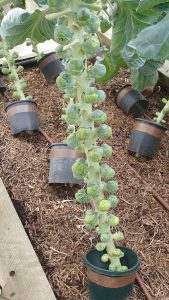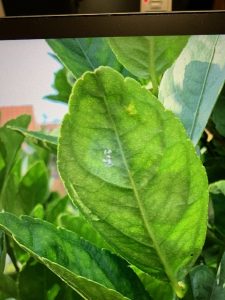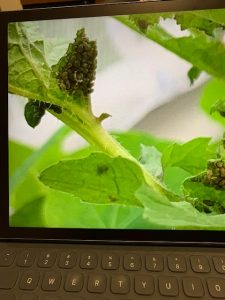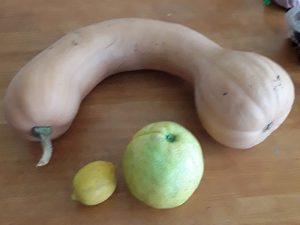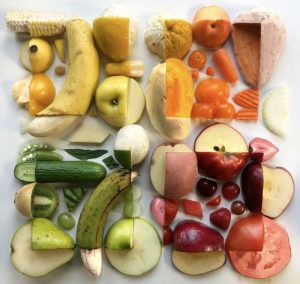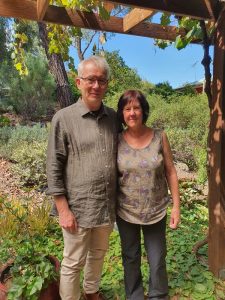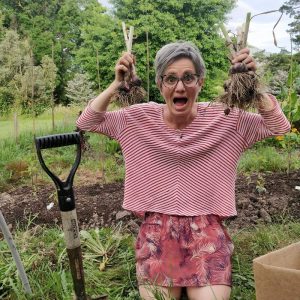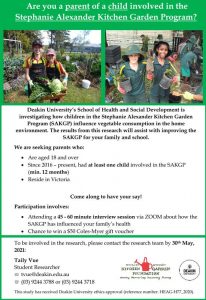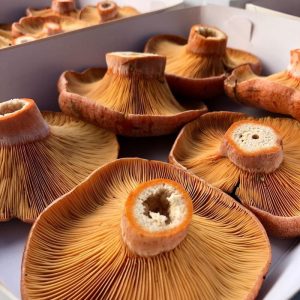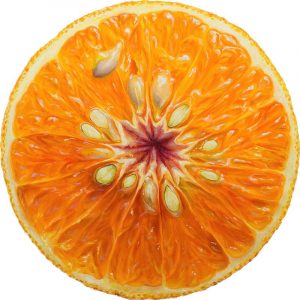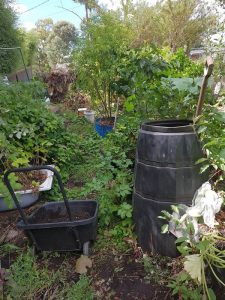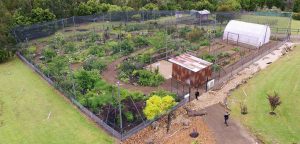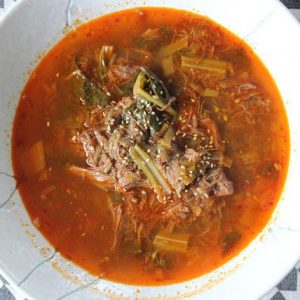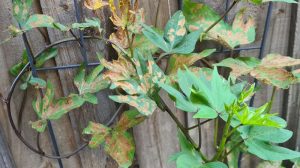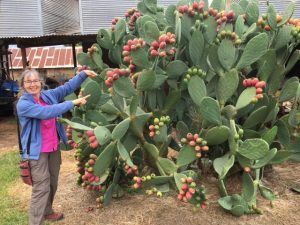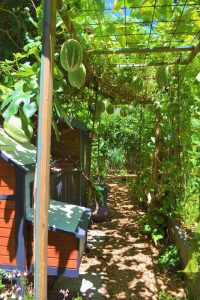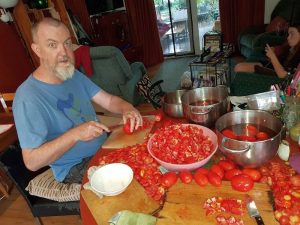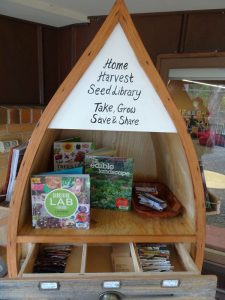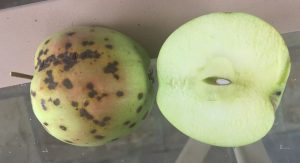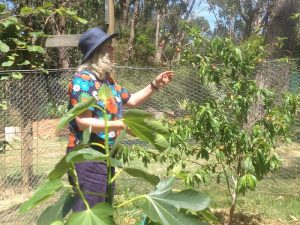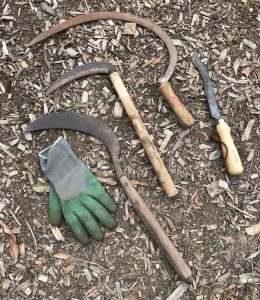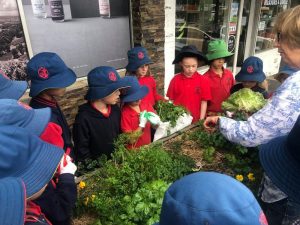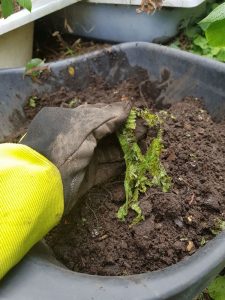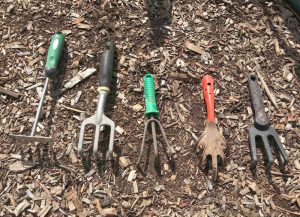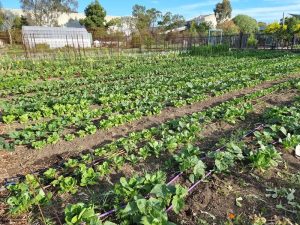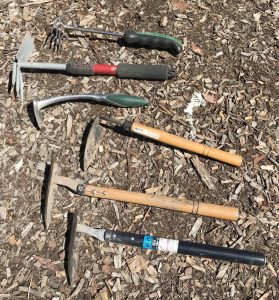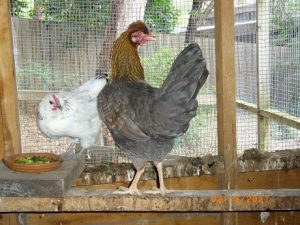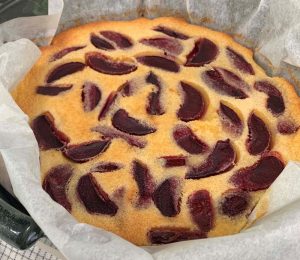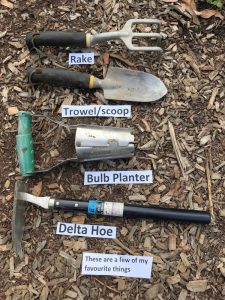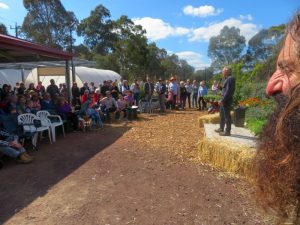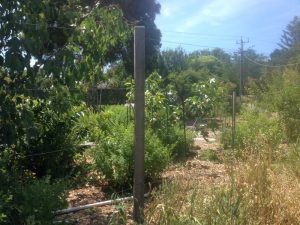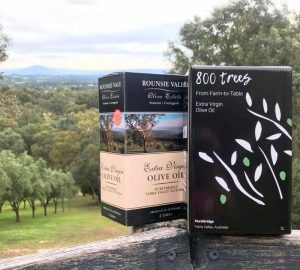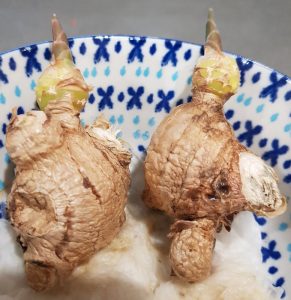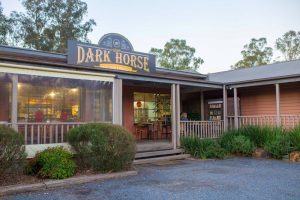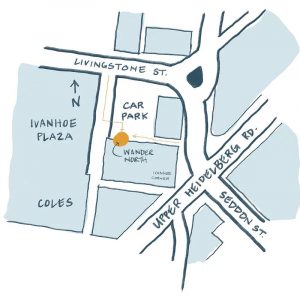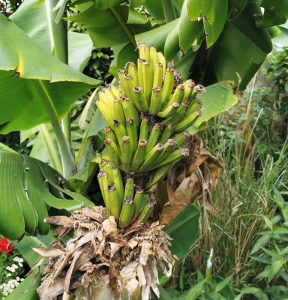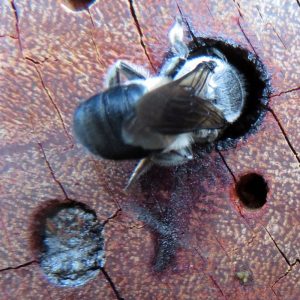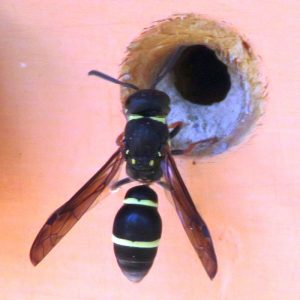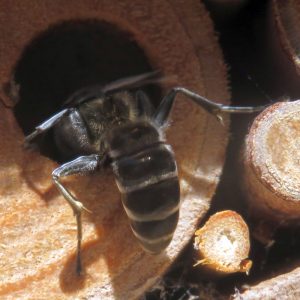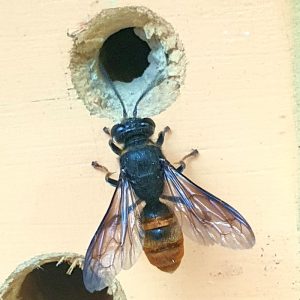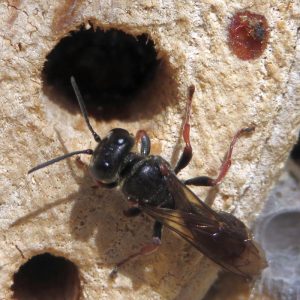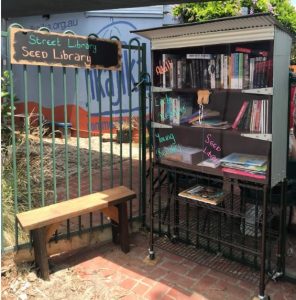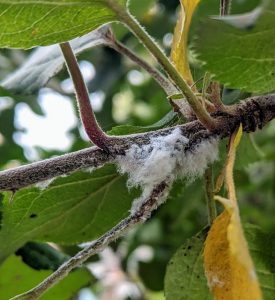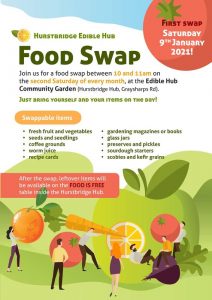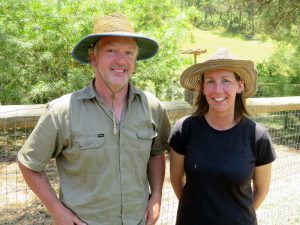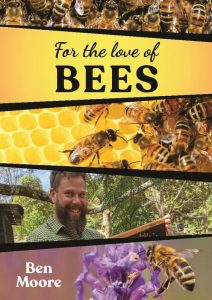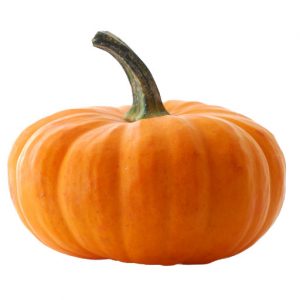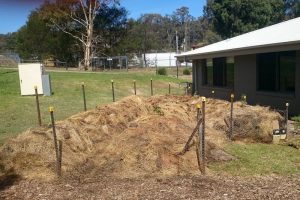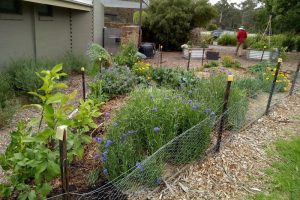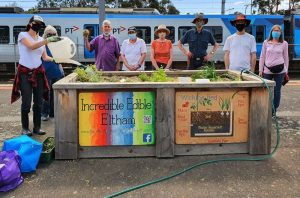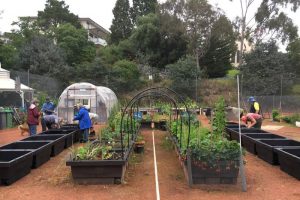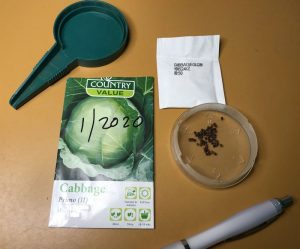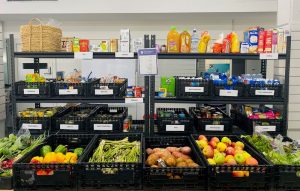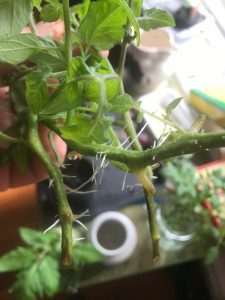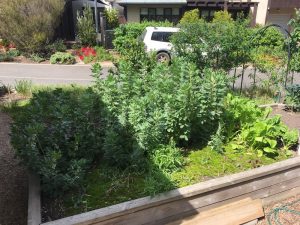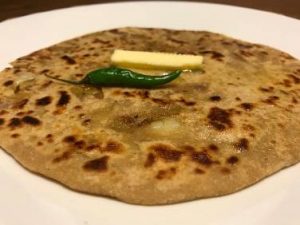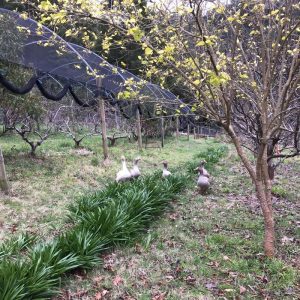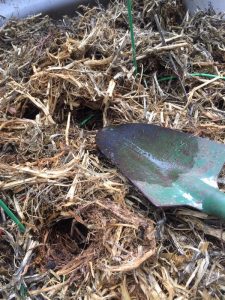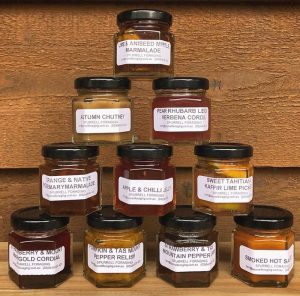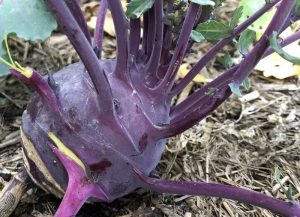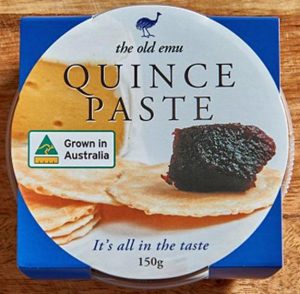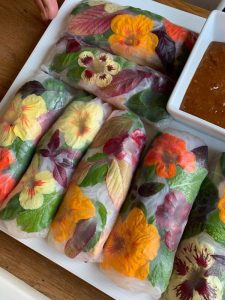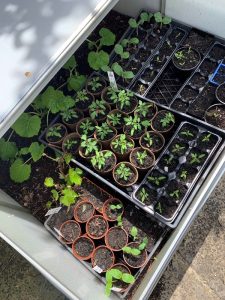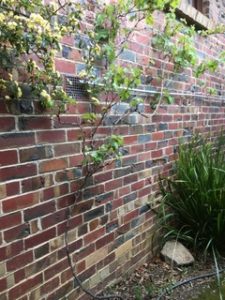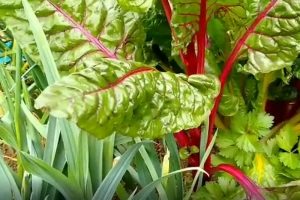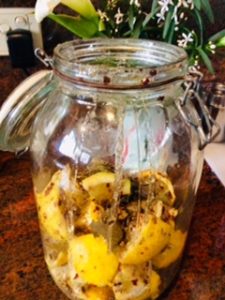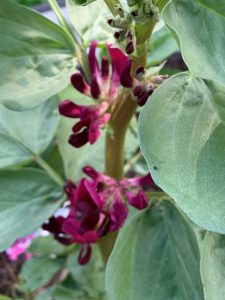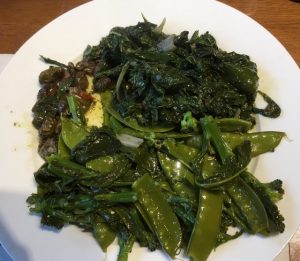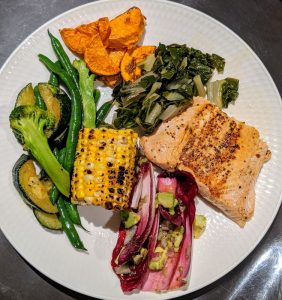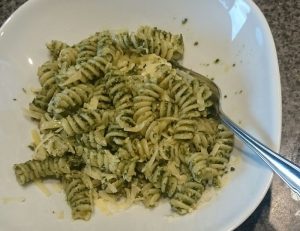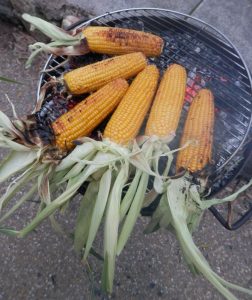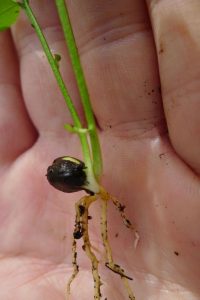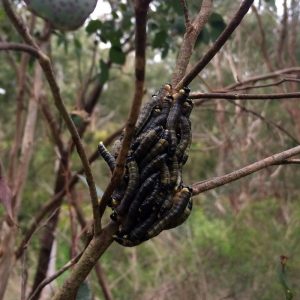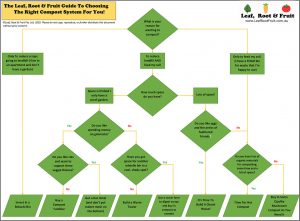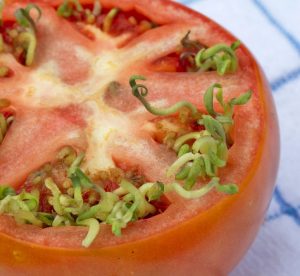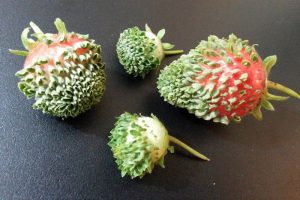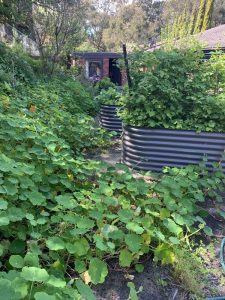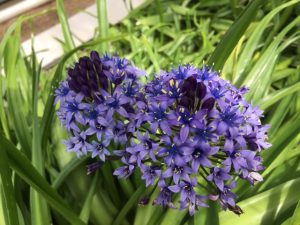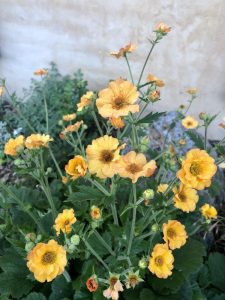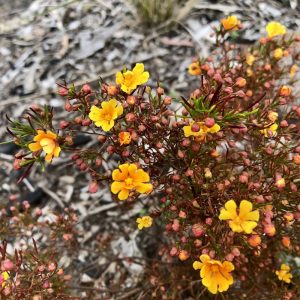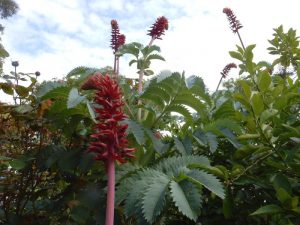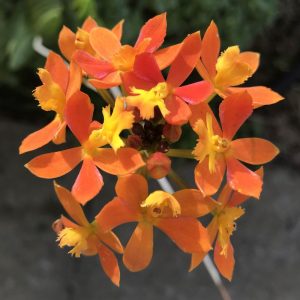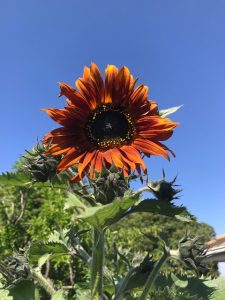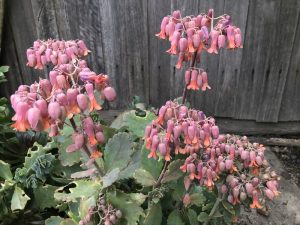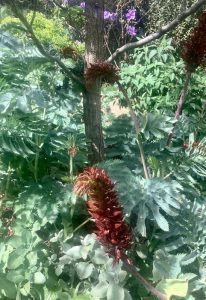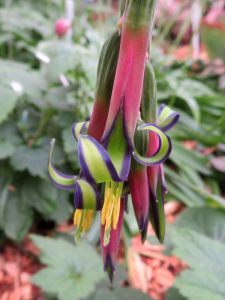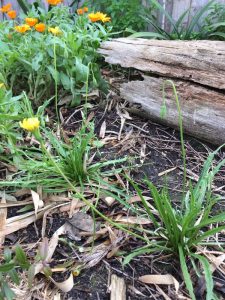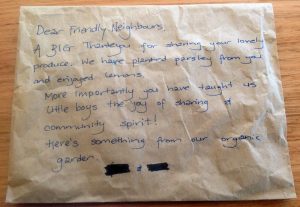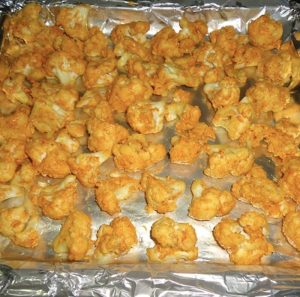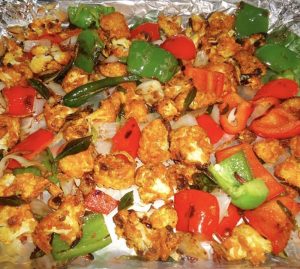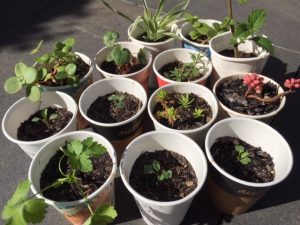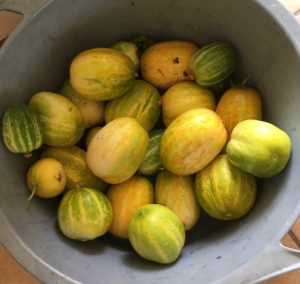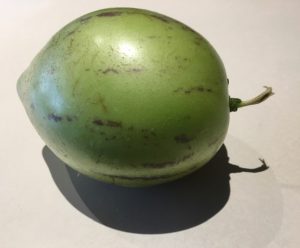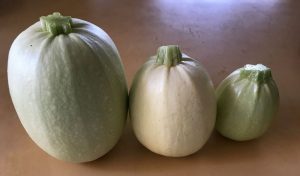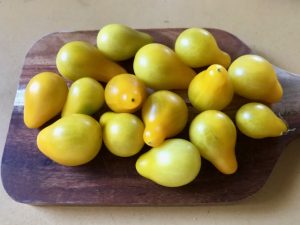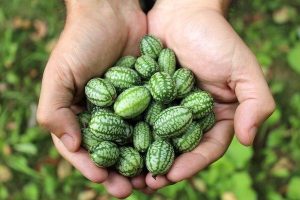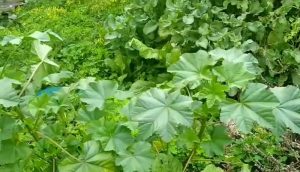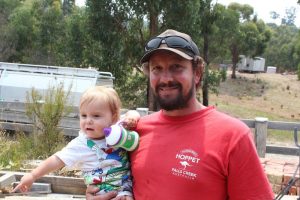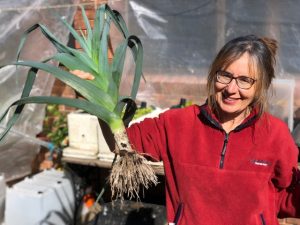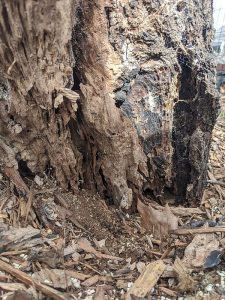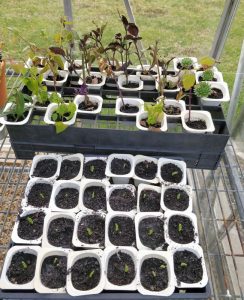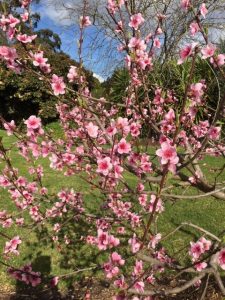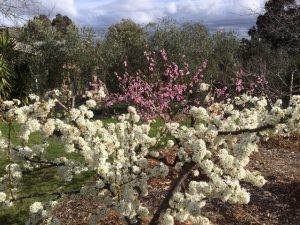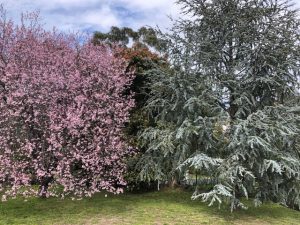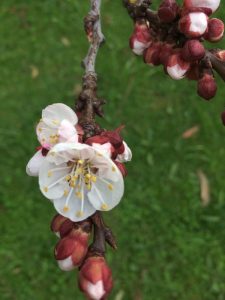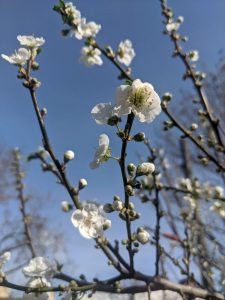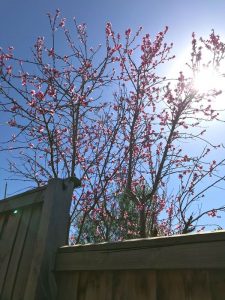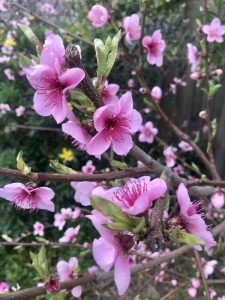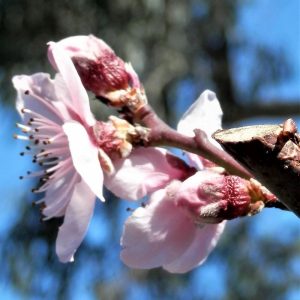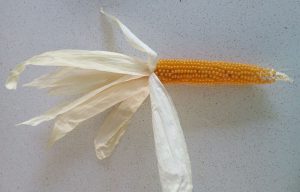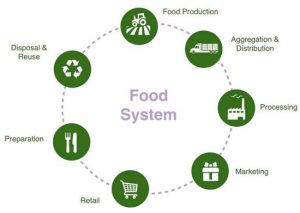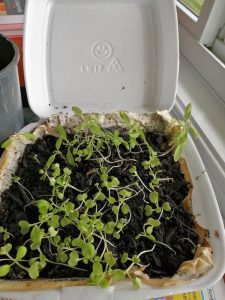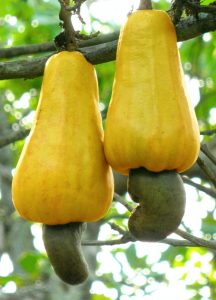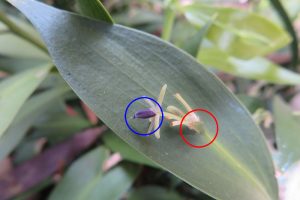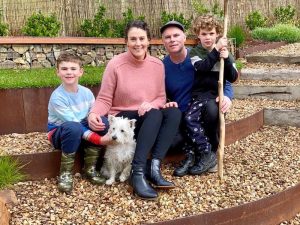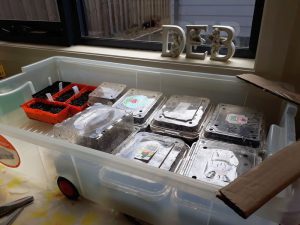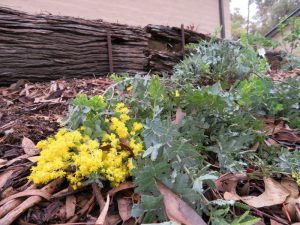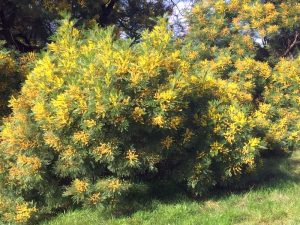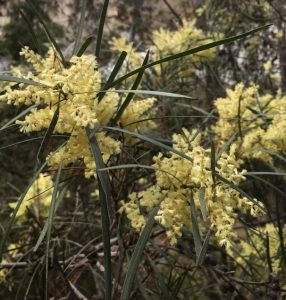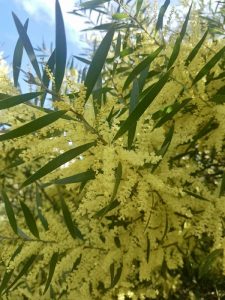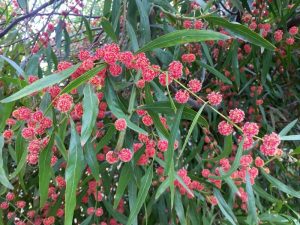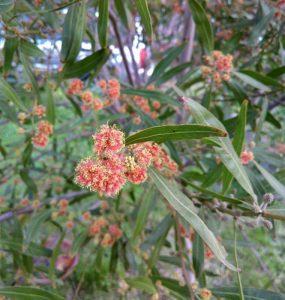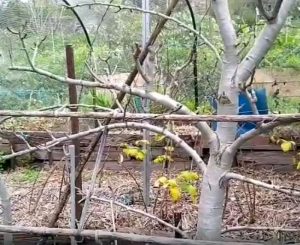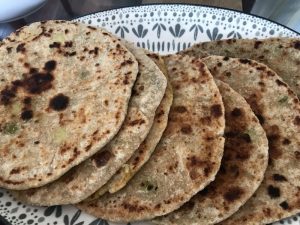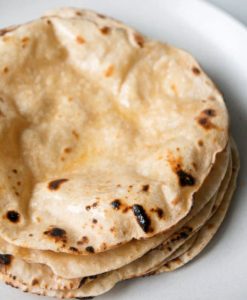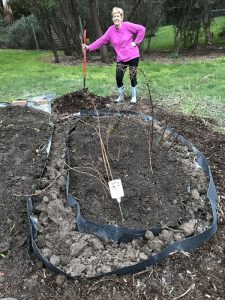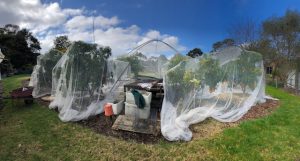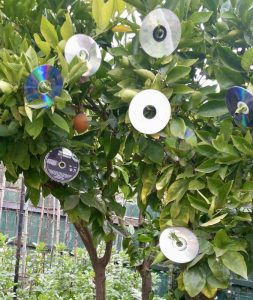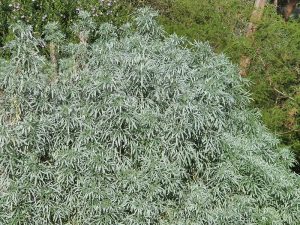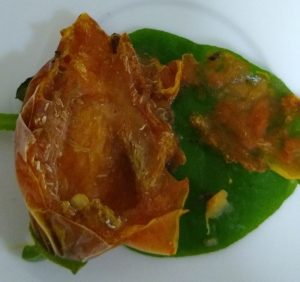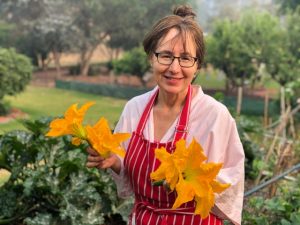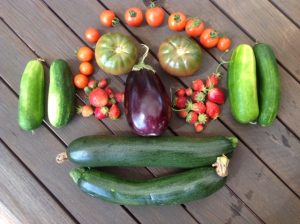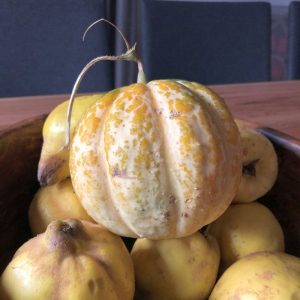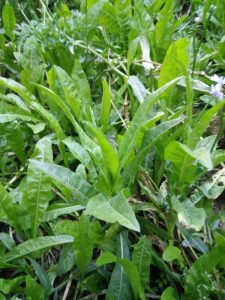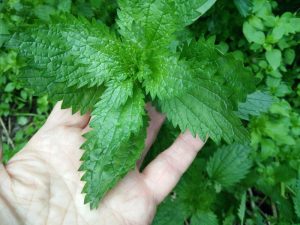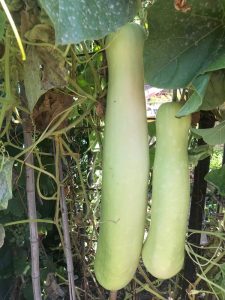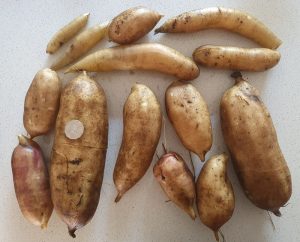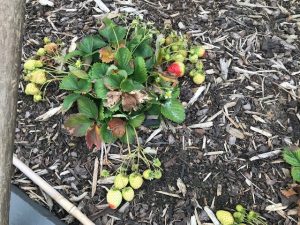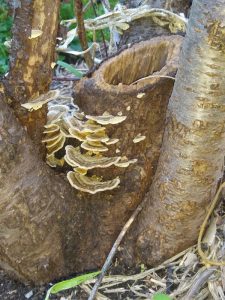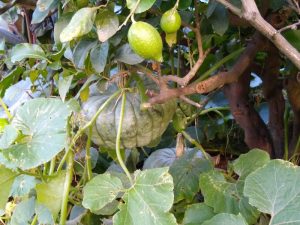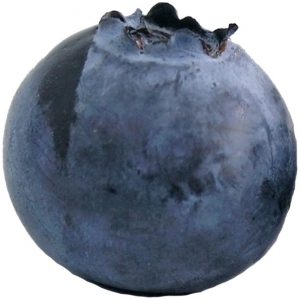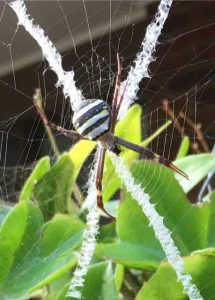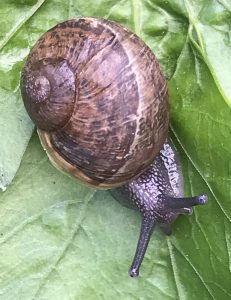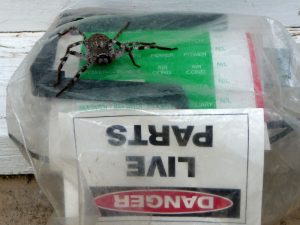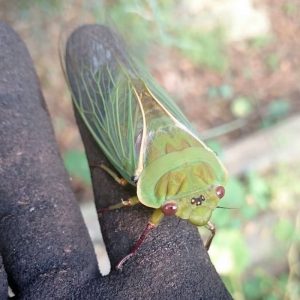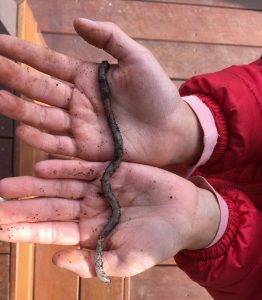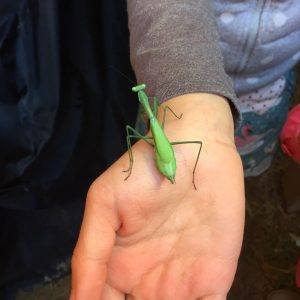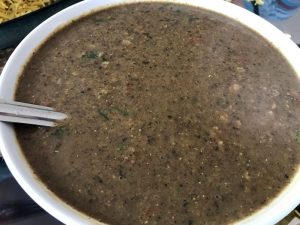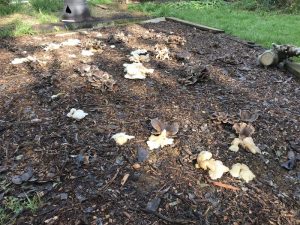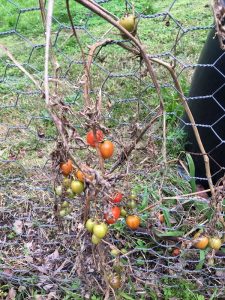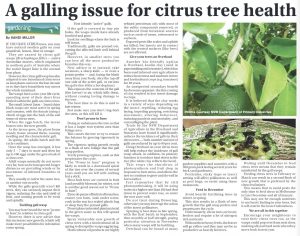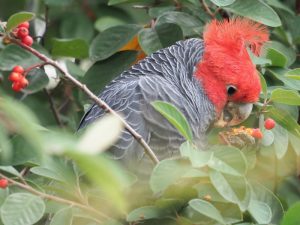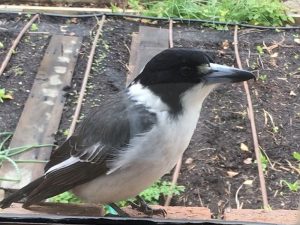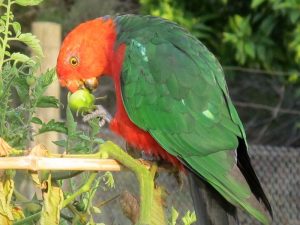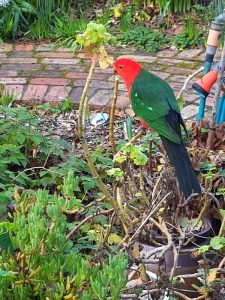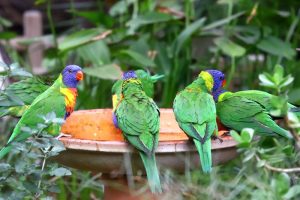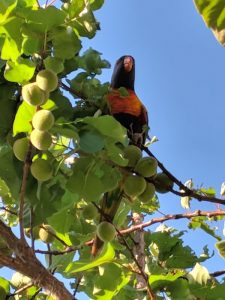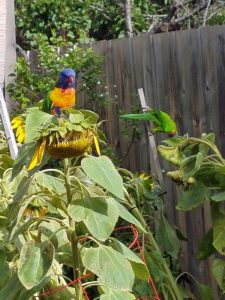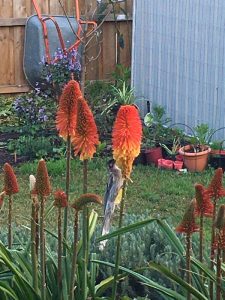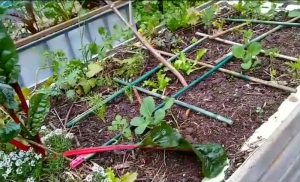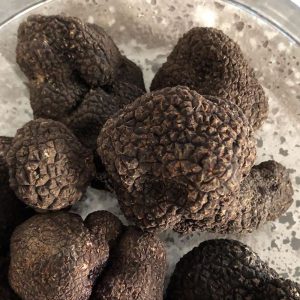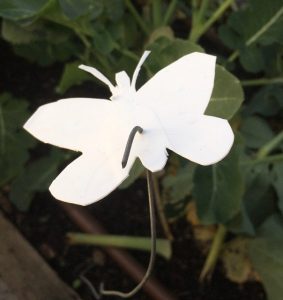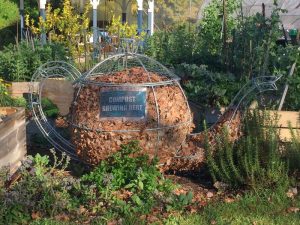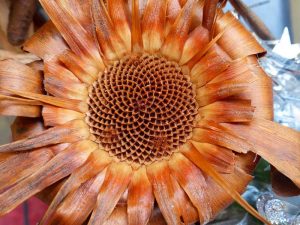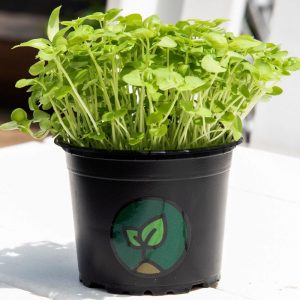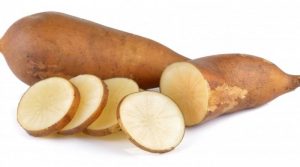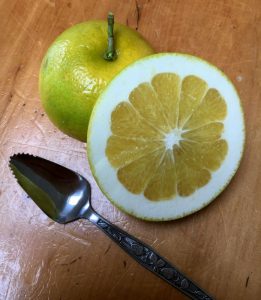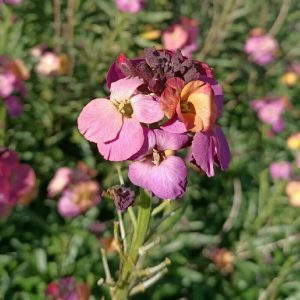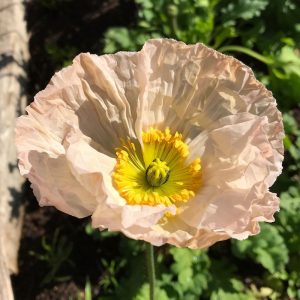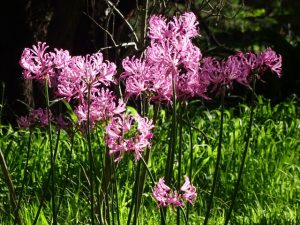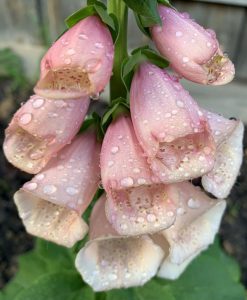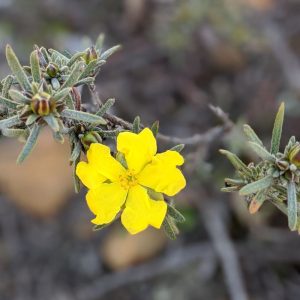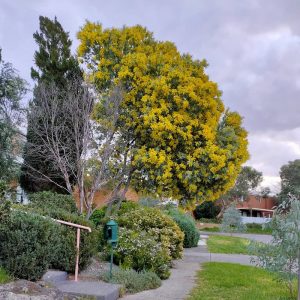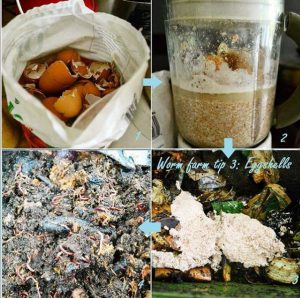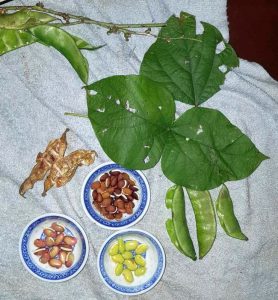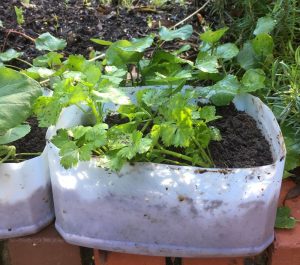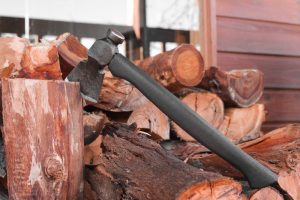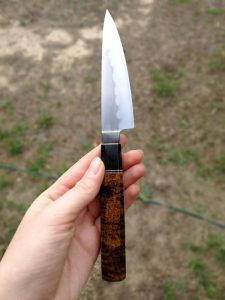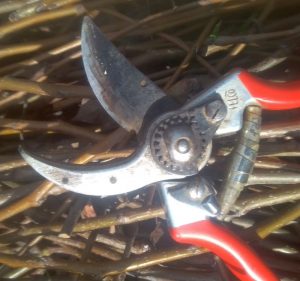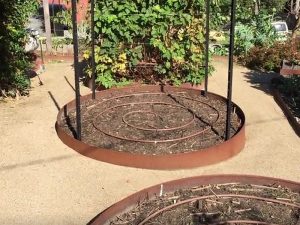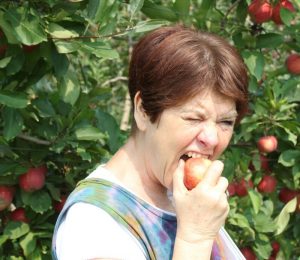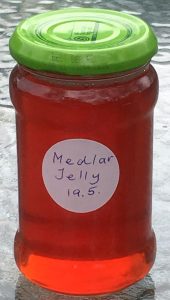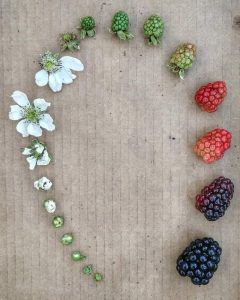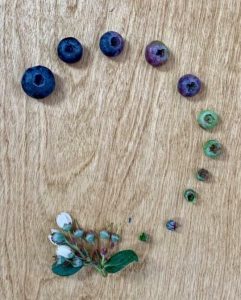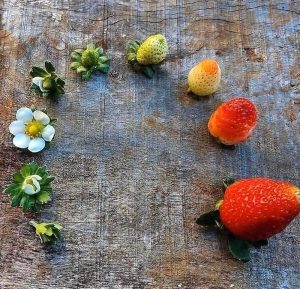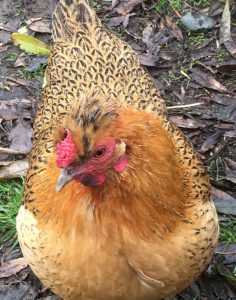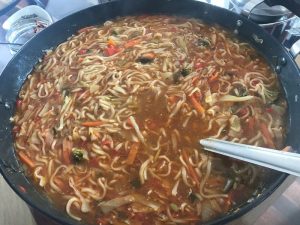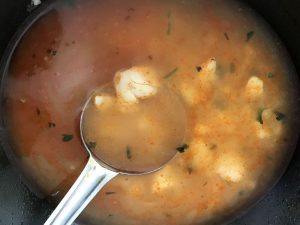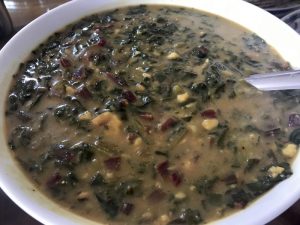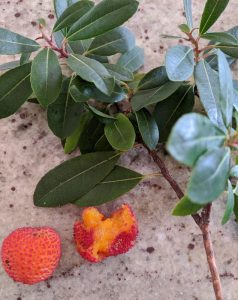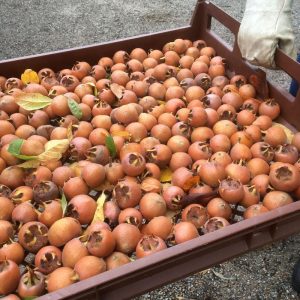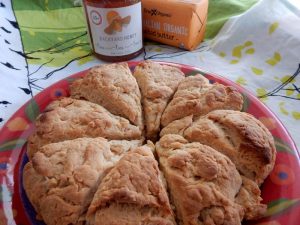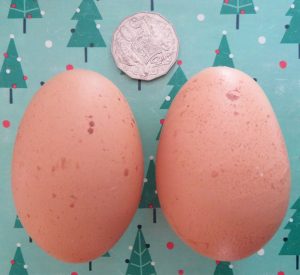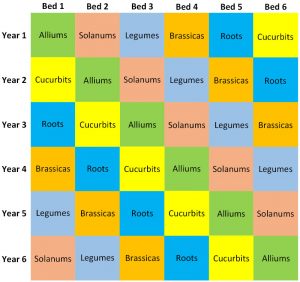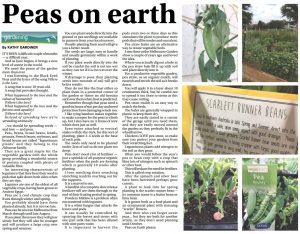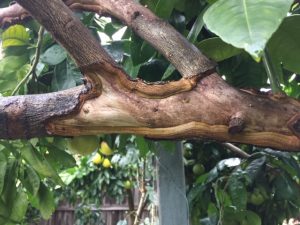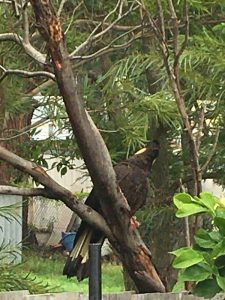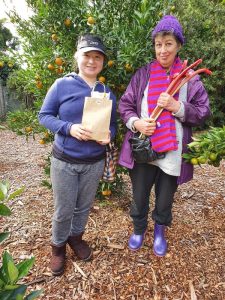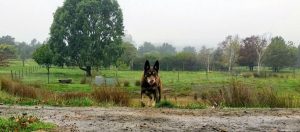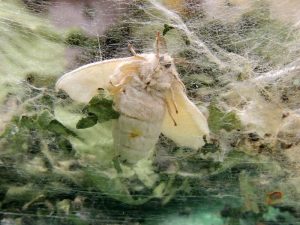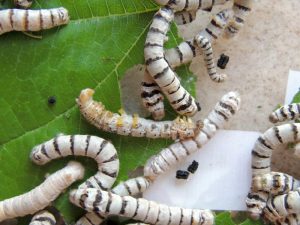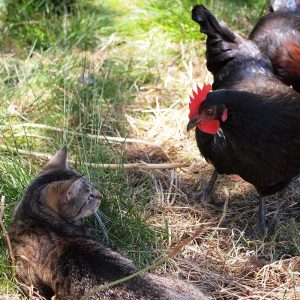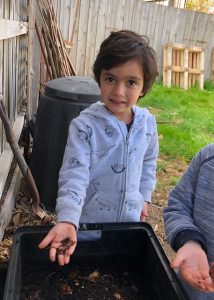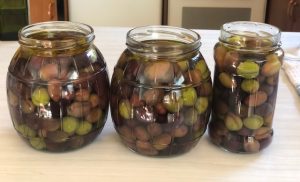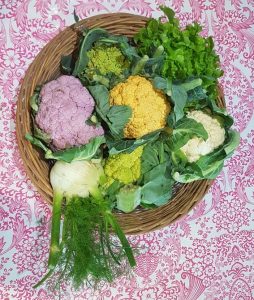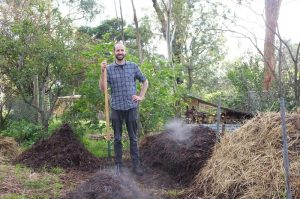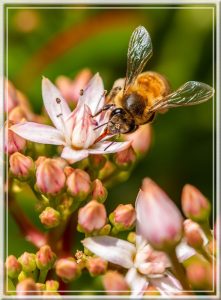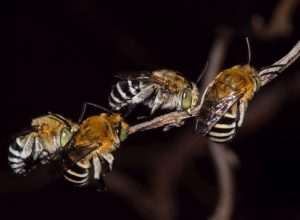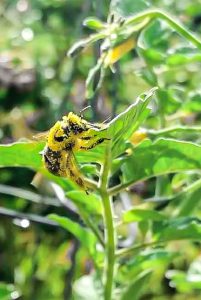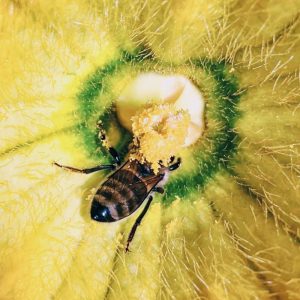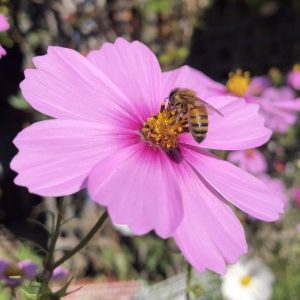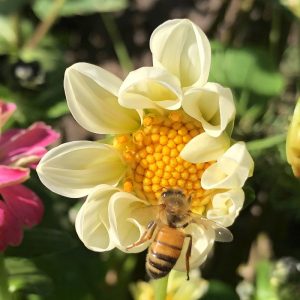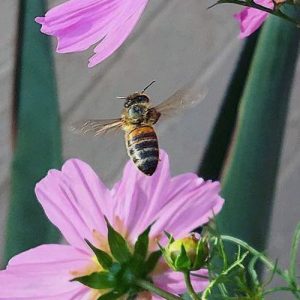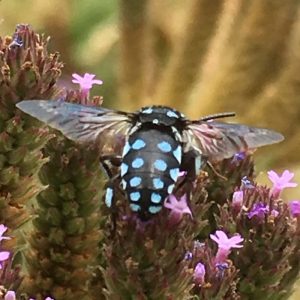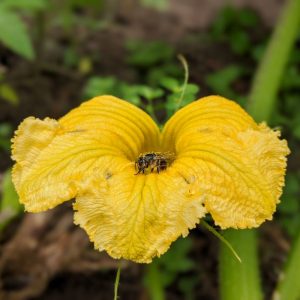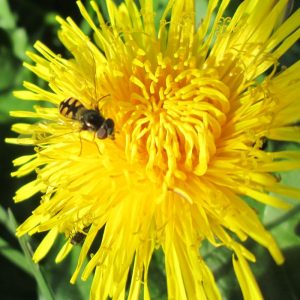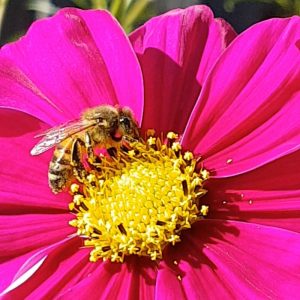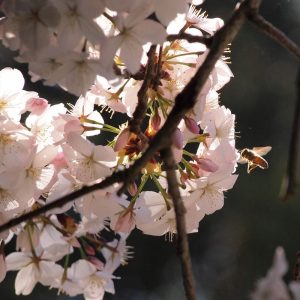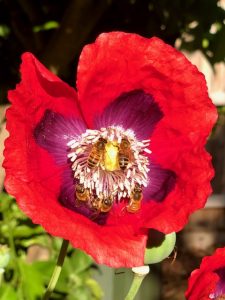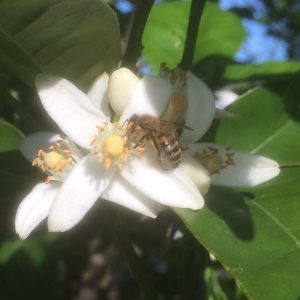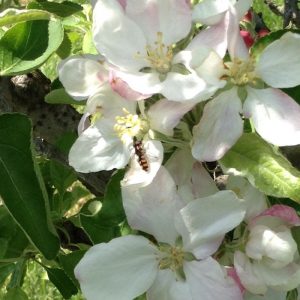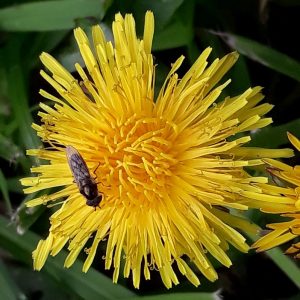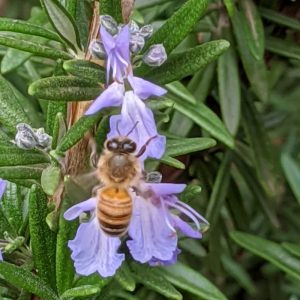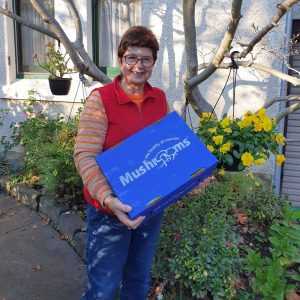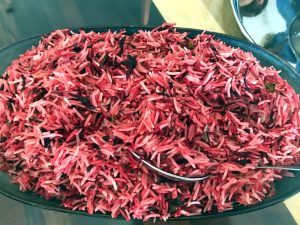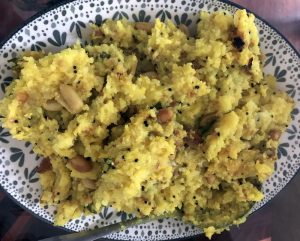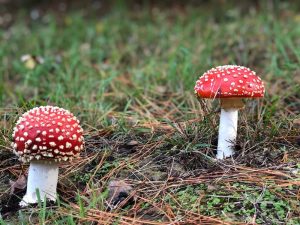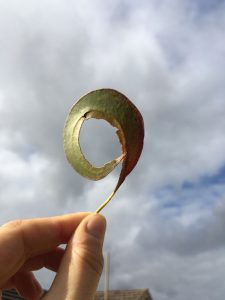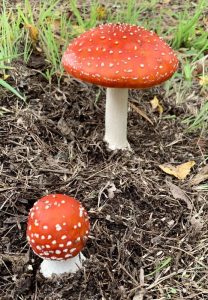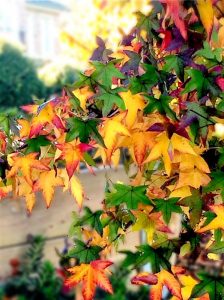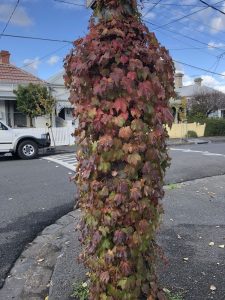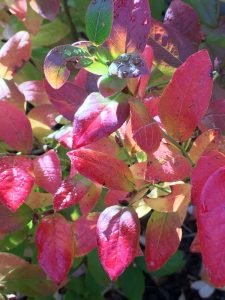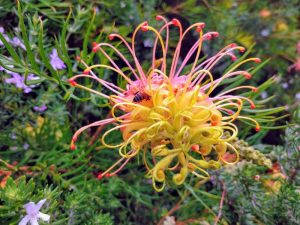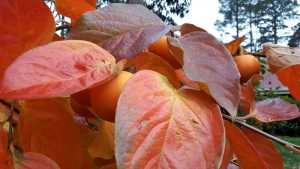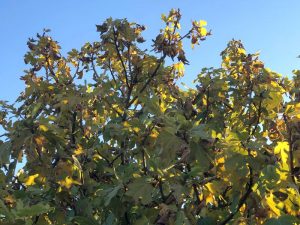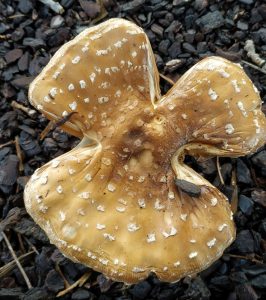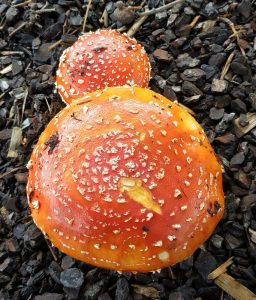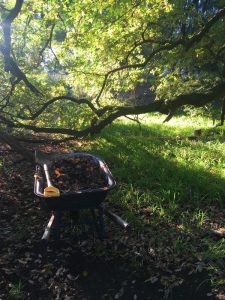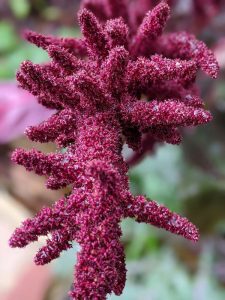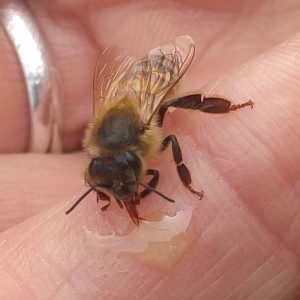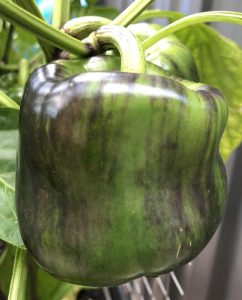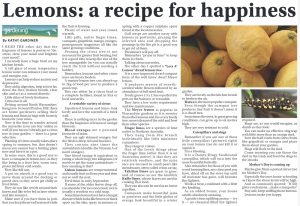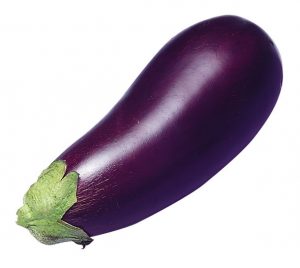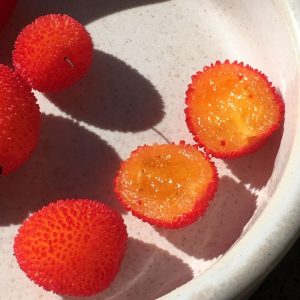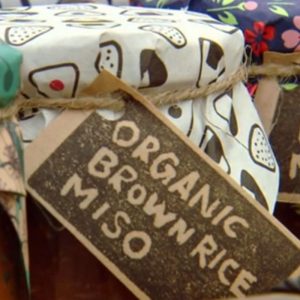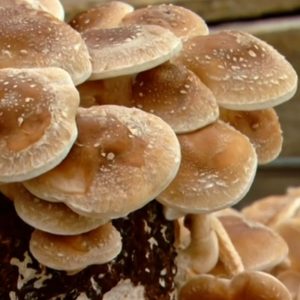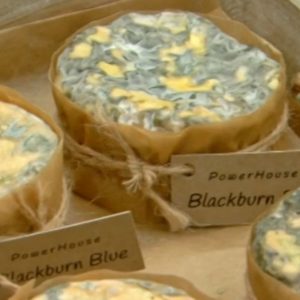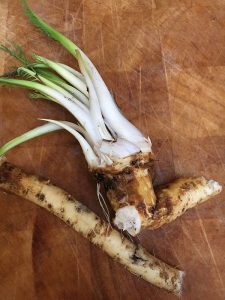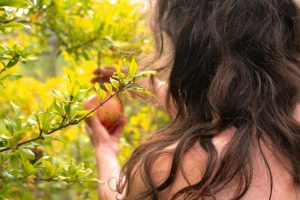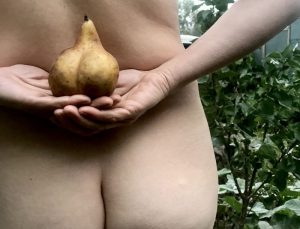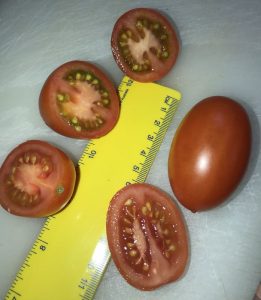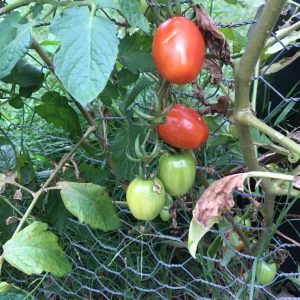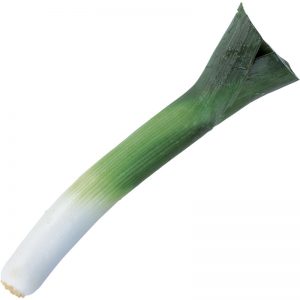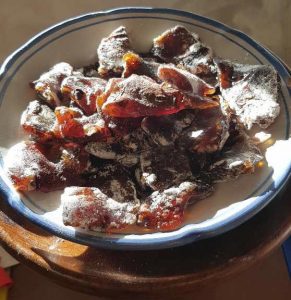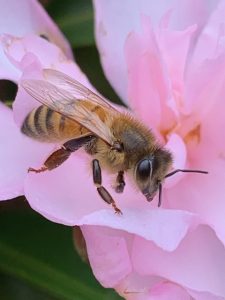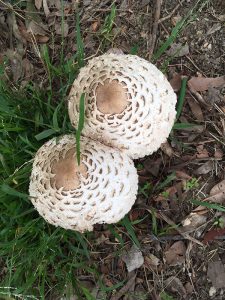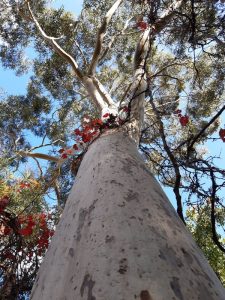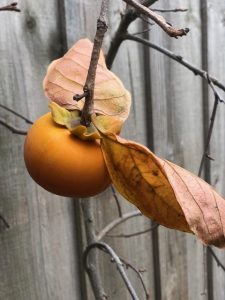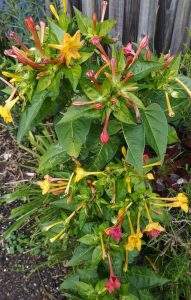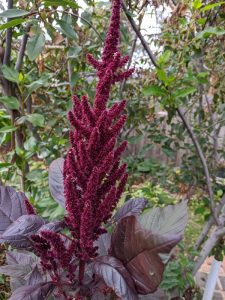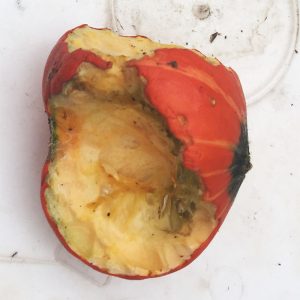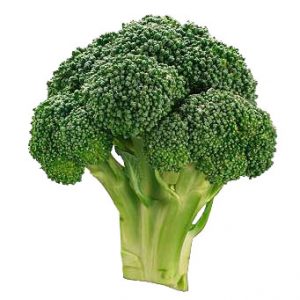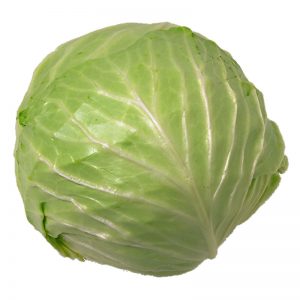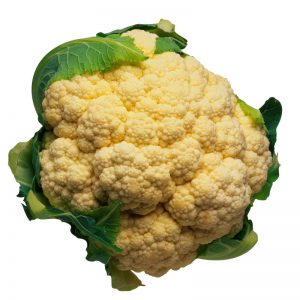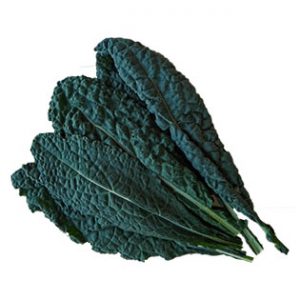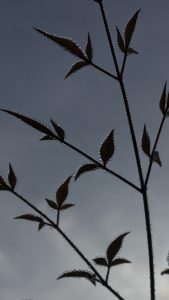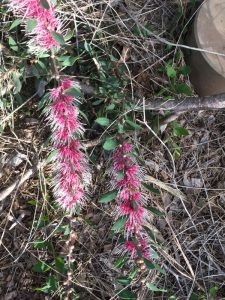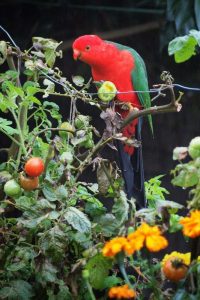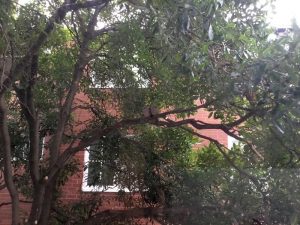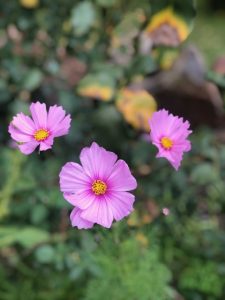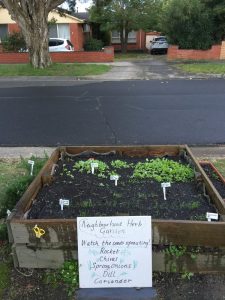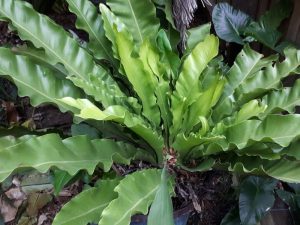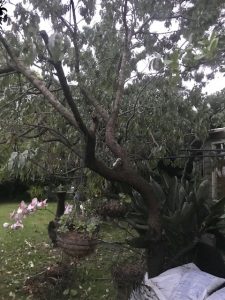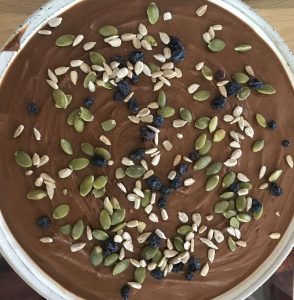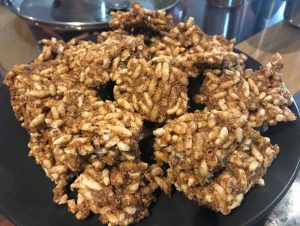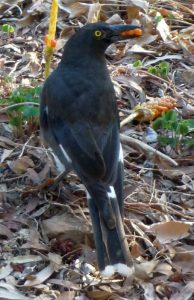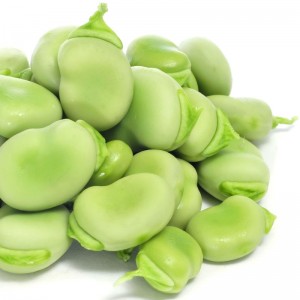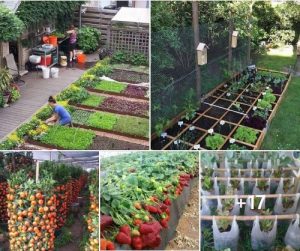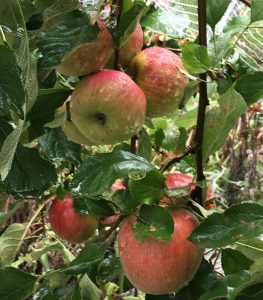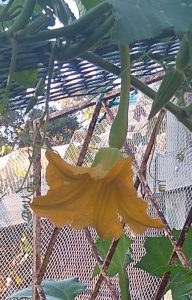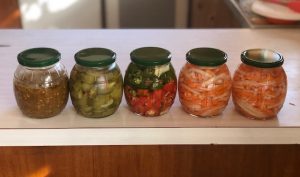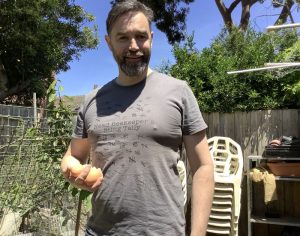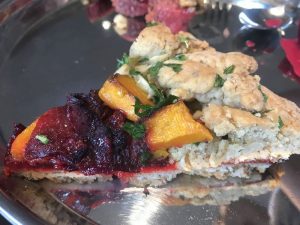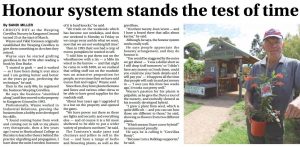Thanks to the people who have contributed to this week’s newsletter: Fay Loveland, Felicia Wylie, Jo Townsend, Megan Goodman, Pauline Webb, Robin Gale-Baker, Steve Burnham and Sylvia Bianco.
If you are Gmail user and didn’t successfully receive our newsletter last week, read this short guide on how to stop Google’s blocking of our future newsletters.
Note that some of the material that used to be in the end of month newsletters (e.g. proverb of the month) is being moved to mid month.
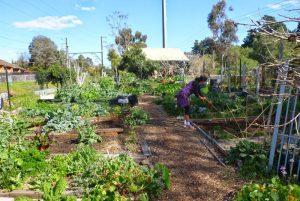 Want to community garden in Northcote?
Want to community garden in Northcote?
Northcote Community Gardens, which is an allotment-based community garden in Hartington Street (next to the Northcote train station), apparently have a few plots available. If interested, contact them by email.
Think you know something about land management in Nillumbik?
Open Food Network is working in partnership with Nillumbik Council and Fair Share Fare on a project to explore how to keep farmland and food systems thriving as the landowners age. The first stage is a series of conversations with interested community members. Read more. If you are interested in being interviewed, email Prue Rothwell (prue@openfoodnetwork.org.au).
Doncaster Garden Club
A month or so ago, I had the honour of speaking at the Doncaster Garden Club, where the audience numbered somewhere between 50 and 100. They meet on the 2nd Wednesday of every month at 8pm at Doncaster East RSL and always have an external speaker. Anyone is welcome to attend a few meetings, after which membership will be requested. Their next three speakers are:
- 13th April: Nigel Philpot on the Doncaster Hill Community Garden and Felicity Gordon on Queensland fruit fly traps.
- 11th May: Helen Lovel from Neutrog, a fertiliser company.
- 8th June: Pete the Permie, aka Peter Allen, will be selling dwarf fruit trees.
If you want to have a chat with them, they will apparently be having a ‘learn to pot a plant’ table at Bunnings in Doncaster Road on Saturday, 2nd April. Or you can call their President, Pauline Webb, on 0409 063 060.
I’m only aware of 4 garden clubs around North East Melbourne that are currently holding monthly meetings: Camberwell, Doncaster, Hurstbridge and Preston. If you are aware of any others, send me an email.
Do you know?
Steve Burnham has written in to ask how he should grow edamame (aka soy beans) and where can he get seeds or seedlings from? I know that Diggers sell soy bean seeds (both green and black) and suggest that they be planted in Spring or Summer. Please email any other thoughts.
 Not food-related but interesting
Not food-related but interesting
Read this article in the Brunswick Voice about some ‘guerrilla gardeners’ who are trying to create an urban forest along the railway line from Jewell Station in the south to Fawkner Station in the north.
Pineapple sage – useful, versatile and spectacular!
(by Robin Gale-Baker)
If you are looking for a versatile, useful and spectacular herbaceous perennial, then go no further than pineapple sage (Salvia elegans). With its whorls of scarlet, tubular flowers (4cm in length) and lime green foliage, this attractive shrub will flower, with careful cultivation, almost year round. It’s a ‘short day’ plant meaning that, as the nights grow longer, it flowers more prolifically.
Culinarily, the leaves have a pineapple fragrance but must be used fresh as cooking destroys the scent. The fragrance is released by rubbing the leaves between your fingers or chopping. Both leaves and flowers can be used in cold drinks, fruit salads, salads and as garnishes. Children and adults alike also love sucking the sweet nectar from the flowers!
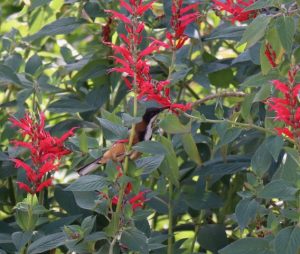 In a Melbourne climate, pineapple sage grows to a height and width of around 1.5 metres in fertile, well-drained soil. It provides a good habitat for butterflies and honeyeaters in autumn and winter, especially small thornbills such as the Eastern thornbill (see photo).
In a Melbourne climate, pineapple sage grows to a height and width of around 1.5 metres in fertile, well-drained soil. It provides a good habitat for butterflies and honeyeaters in autumn and winter, especially small thornbills such as the Eastern thornbill (see photo).
At the end of autumn, pineapple sage can look straggly and it benefits from a prune down to ground level. However, rather than prune it all at once, selectively prune out some stems including dead ones, and continue to do this as the stems renew and flower. This will provide winter sustenance for honeyeaters. If hit by frost, the foliage will be damaged but the roots will survive. A heavy prune is then necessary to remove all the dead and damaged leaves and stems.
To propagate pineapple sage, either divide the clumping roots, spade off a section, or take cuttings in spring. For the latter, select a firm, green stem with at least four nodes, remove any flowers and strip the stem leaving a pair of leaves at the top. Then, cut the stem on an angle directly beneath the lowest node, dunk into water, shake off, dip into hormone rooting powder, and insert into a mix of damp perlite and vermiculite. A perlite/vermiculite mix, which will drain well and have plenty of aeration and space for root development, will produce strong white roots within a week whereas placing the cuttings in soil will produce weak, straggly roots. Make sure that the mix remains moist.
Pineapple sage likes to be well watered. It is useful as an indicator that the garden soil is drying out. It will, along with tansy, wilt well before other plants as the moisture content drops, signalling the need of the whole garden for water.
Read Robin’s other articles on our website about growing herbs.
Meg’s garden this month
The long sweet green capsicums and eggplant are finally ripe and mark the end of the summer growing season. The green beans planted in February are now ready for harvesting. The dry weather has meant frequent watering of these last few crops. A joy is the second crop of smaller autumn strawberries that have managed to appear despite a lack of water.
I have netted the quinces early and am watching them carefully for signs of ripeness. The apples and pears are coming into their own and I have been harvesting over the past month and will continue into April with the late Granny Smiths. It’s important to clear up fallen and damaged fruit to avoid pests such as wasps and diseases. Excess produce will be forced on family and friends or taken to the local food swap.
This month I am:
1. Finishing clearing the vegetable beds and preparing one for planting garlic.
2. Sowing seeds of beetroot, carrot and turnip.
3. Trying to thin the self-seeded nasturtiums.
4. Peeling apples for cooking in many different ways, although my favourite is whole baked apples (no peeling!).
Baked apples
6 small apples
⅓ cup brown sugar
½ cup of currents or sultanas
1 tablespoon honey
6 teaspoons butter
1 teaspoon cinnamon
1 cup boiling water
Cut a hole in each apple by carving out the core, ensuring that you leave the bottom 2 cm intact.
Place the apples in an oven proof dish so that they sit upright. Mix the sugar, cinnamon, honey and fruit and then divide between each apple hole. Top each filled hole with a teaspoon or so of the butter. Add water to the bottom of a baking dish and cook at 180degCc for about 40 minutes or until the apples are just soft.
When serving, coat the apples with some of the syrup left in the dish.
Read some of Meg’s other recipes.
What seeds to plant in April
Here is a list (see the planting guide for more detail):
BrassicasKale |
Cool season veggiesBroad beans |
Leafy greensLettuce |
OtherBeetroot |
If you didn’t plant your cool season veggies in March, April is a good month. So, plant those broad beans, peas and garlic. Also, plant some leafy greens. It’s a bit late for planting broccoli, cabbage and cauliflower seeds but, as they say, better late than never.
Read Robin Gale-Baker’s 2020 articles on growing broad beans and garlic.
Read Helen Simpson’s 2016 articles on growing garlic. Also, autumn plantings more generally.
Some of our articles you might have missed over the last month
- Distinguishing the origanums (by Robin Gale-Baker)
- Perennial sunflower – Helianthus angustifolius (by Jaimie Sweetman)
- Our updated guide to local wine makers
Which link was clicked most times in the last newsletter?
The most popular link in the last newsletter was Thanh Truong’s video discussing the major Asian greens.
Regular activities over the coming week
Farmers’ markets
- Saturday: Abbotsford and Coburg.
- Sunday: Alphington, Carlton, Eltham and Heathmont.
Food swaps
- Saturday: Bayswater North, Brunswick East, Fitzroy, Heidelberg West, Pascoe Vale, Rosanna and Warrandyte.
- Sunday: Blackburn, Montmorency and Regent (Reservoir).
Note that the Regent Community Garden produce and plant swaps have changed their start time and are now from 2-3pm.
Most of the local food swaps have now re-started ‘post-Covid’. I have been in communication with those that seemingly haven’t and, unfortunately, the Brunswick and Fawkner food swaps won’t be re-starting, at least for the time being.
Community gardens
- Thursday: Diamond Valley Library (Greensborough), Edible Hub (Hurstbridge), SEEDs (Brunswick) and Whittlesea.
- Friday: Bellfield, Reynard Street (Coburg) and West Brunswick.
- Saturday: Links (Lalor), Macleod and Thrive (Diamond Creek).
- Sunday: Fawkner Food Bowls, Northcote, Pentridge (Coburg), Regent (Reservoir) and Sylvester Hive (Preston) (Easter family day).
- Monday: SEEDs (Brunswick) and Whittlesea.
- Tuesday: Watsonia Library.
- Next Wednesday: Living & Learning Eltham, Macleod, Newton Street (Reservoir), Silvester Hive (Preston) and Span (Thornbury).
Upcoming face-to-face events – not cooking
Growing seeds in season; Saturday, 2nd April, 11-11.30am; free; Rosanna.
Yenni will give a talk on growing seeds in season and give out some seeds for you to grow at home. Organised by Rosanna Library.
Backyard beekeeping for beginners; Sunday, 3rd April, 10am-midday; free; Coburg.
Robert, from Bee Sustainable, will give participants a basic understanding of bee behaviour, establishing and managing a hive, and the items that make up a bee hive and their construction. There will be live bees and honeycomb to look at in a secure exhibition cabinet. The workshop will also cover the equipment that a beekeeper needs to work with bees, key tasks in spring, honey extraction and swarm control.
Easter egg decorating; Thursday, 7th April, 7.30-9pm; $12 ($8 per hour); Kew.
This is an evening event for women. Everything will be provided including a glass of bubbles and light supper.
Autumn obscurity wine masterclass; Saturday, 9th April, 2-4pm; $7; Northcote.
Learn about lesser known grape varietals which are beginning to make an impact in Australia due to the similar climate conditions. This class will lead you through 8 wines, with a grazing platter at intermission.
Easter egg hunts; Sunday, 17th April, 10-10.30am and again at 11.30am-midday; $7; Yarra Glen.
Little hunters ages 12 and under will search for four different clues hidden under tin pails dotted throughout their grounds to redeem for a special Easter gift box from their Easter bunnies.
An introduction to beekeeping, with Claire Coutts; Tuesday, 26th April, 2-3pm; free; Mooroolbark.
Interested in setting up your own beehive? Claire will explain: the benefits for you, the bees and their environment; the equipment required; the maintenance required; the best position for the hive; and the most beneficial plants to have in your garden. Organised by Mooroolbark Library.
Seed libraries – pop-up food swap; Saturday, 30th April, 10-11am; free; Eltham.
Food swaps are a way to meet local veggie growers in your community. Take along your excess garden produce such as seeds, seedlings, fruit and jams, or even pots, jars or gardening magazines. If you don’t have anything to swap, just go along for a chat. Presented by Local Food Connect.
Planning your Winter vegetable patch; Sunday, 1st May, 9.30am-midday; $60 ($24 per hour); Forest Hill.
Learn how to: prepare your soil; find out what to plant and when; plan your planting strategy; reduce the likelihood of pest and disease issues such as white cabbage moth; understand how to avoid the pitfalls new gardeners face in the veggie patch at this time of the year; which types of veggies to grow from seed and which ones to plant out as seedlings; mulching and watering; and growing winter veggies in small spaces such as pots and containers. Presenter: Duncan Cocking from Leaf, Root & Fruit Gardening Services.
The fungus amongst us; Sunday, 8th May, 10am-12.30pm; $55 ($22 per hour); Alphington.
Explore the Darebin park lands through a fungal lens. Participants will be guided to see and get close to the local world of fungi. The park adventure will be led by local ecologist Dr Sapphire McMullan-Fisher. Founder of Sporadical City Mushrooms, Julia Laidlaw, will then share the world of zero waste mushroom farming at her farm on the edge of the park land.
Introduction to permaculture (two sessions); Sunday, 15th May and Sunday, 29th May, both 10am-3pm; $220 ($22 per hour); CERES.
This course is designed for both those new to permaculture and those thinking of undertaking a Permaculture Design Certificate. What you will learn: the concept of permaculture; and the principles of permaculture and associated design methods. Presenter: Lisa Reid. There will be examples from tiny urban gardens to suburban and rural permaculture properties showing how we can create resilient, sustainable systems that work with nature and the natural limits of our planet.
Backyard beekeeping; Wednesday, 18th May, 7-8.30pm; free; Camberwell.
Join Mary and Henry Trumble from Backyard Honey to learn about what’s involved in establishing, maintaining and harvesting an urban honeybee hive. You will see a live honey bee display and participate in some raw honey tasting.
Fruit tree pruning and care; Thursday, 19th May, 6.30-7.30pm; free; Mill Park.
Kathleen Tants will discuss fruit tree pruning and care, including how to prepare your fruit trees for the Winter ahead. Organised by Mill Park Library.
The art of espalier; Saturday, 21st May, 9.30am-midday; $55 ($22 per hour); Bulleen Art and Garden (BAAG).
What you will learn: growing espaliered fruit trees; different techniques to make the most of all available space for espalier; and improve your general gardening skills. Topics will include suitable fruit trees, pruning and training techniques.
Growing fruit and veggies in small spaces; Sunday, 22nd May, 9.30am-12.30pm; $50 ($17 per hour); Bulleen Art and Garden (BAAG).
What you will learn: which produce plants are suitable to grow in small areas; coping with shade and sun for produce growing; and how to make the most of any available space for growing produce. Presented by Kirsteen Macleod. Topics will include fruit, vegetables and berries for small spaces, growing produce in pots and containers, maximising productivity in any size space and plant selection.
Basic inoculation workshop; Sunday, 22nd May, 10am-midday; $87 ($44 per hour); Alphington.
You will get a hands-on go at inoculating your own mushrooms. You will also be given a tour of the mushroom farm. Take a clean 2-10L bucket with a lid and some gloves. Organised by The Mushroomery
In March
- Food forest gardening; Thursday, 31st March, 6.30-9.30pm; free; Edendale.
In April
- Urban foraging; Friday, 1st April, 10am-1pm; $75 ($25 per hour); Forest Hill.
- About the bees – closing down the bees for winter; Saturday, 2nd April, 9.30am-12.30pm; free (gold coin donation); Kinglake.
- Queensland fruit fly – train the trainer; Saturday, 2nd April, 10am-3pm; free; Hurstbridge.
- Seed harvesting; Saturday, 2nd April, 10.30-11.30am; free; Eltham.
- Growing seeds in season; Saturday, 2nd April, 11-11.30am; free; Rosanna.
- Home composting for beginners; Saturday, 2nd April, 2-4pm; free; Edendale.
- Healthy productive compost and worms; Sunday, 3rd April, 9.30am-12.30pm; $50 ($17 per hour); Bullen Art & Garden (BAAG).
- Backyard beekeeping for beginners; Sunday, 3rd April, 10am-midday; free; Coburg.
- Growing nutrient dense food; Sunday, 3rd April, 10am-3pm; $115 ($23 per hour); CERES.
- Nillumbik wine tour; Sunday, 3rd April, 10.30am-5pm; $149 ($23 per hour); Research.
- Winter vegetable gardening; Sunday, 3rd April, 11am-midday; $5; Watsonia.
- Urban foraging; Sunday, 3rd April, 1-4pm; $75 ($25 per hour); Forest Hill.
- Reusable beeswax food wraps; Wednesday, 6th April, 6.30-7.30pm; free; Nunawading.
- Brain food; Thursday, 7th April, 11am-midday; free; Bulleen.
- The joy of backyard chooks; Thursday, 7th April, 6.30-9pm; $50 ($20 per hour); Bullen Art & Garden (BAAG).
- Easter egg decorating; Thursday, 7th April, 7.30-9pm; $12 ($8 per hour); Kew.
- Herb and companion planting; Saturday, 9th April, 10am-3pm; $115 ($23 per hour); CERES.
- Autumn obscurity wine masterclass; Saturday, 9th April, 2-4pm; $7; Northcote.
- An intro to beekeeping; Sunday, 10th April, 9.30am-12.30pm; $55 ($28 per hour); Bulleen Art & Garden (BAAG).
- The fungus amongst us; Sunday, 10th April, 10am-12.30pm; $55 ($22 per hour); Alphington.
- Easter egg hunts; Sunday, 17th April, 10-10.30am; $7; Yarra Glen.
- Easter egg hunts; Sunday, 17th April, 11.30am-midday; $7; Yarra Glen.
- Farming for our future; Thursday, 21st April, 10am-midday; free; CERES.
- Community seed library workshop; Thursday, 21st April, 7.30-9.30pm; $51 ($26 per hour); $25 concession; Preston.
- Working to achieve a sustainable organic community garden; Thursday, 21st April, 2-3pm; free; Lilydale.
- Brewers Feast Festival; Friday, 22nd April, 5-11pm; $18; Abbotsford.
- Edible weeds walk; Saturday, 23rd April, 10.30am-12.30pm; $25 ($13 per hour); Brunswick East.
- Brewers Feast Festival; Saturday, 23rd April, midday-11pm; $18; Abbotsford.
- Urban wine walk; Saturday, 23rd April, midday-4pm; $80; Richmond.
- Australian Distillers Festival; Saturday, 23rd April, midday-7pm; $75; Abbotsford.
- Edible weeds walk; Saturday, 23rd April, 1.30-3.30pm; $25 ($13 per hour); Brunswick East.
- Beekeeping workshop; Saturday, 23rd April, 2.30-5pm; $85 ($34 per hour); Brunswick East.
- An introduction to beekeeping, with Claire Coutts; Tuesday, 26th April, 2-3pm; free; Mooroolbark.
- Native fruit; Thursday, 28th April, 6.30-9pm; $50 ($20 per hour); Bulleen Art and Garden (BAAG).
- Seed libraries – pop-up food swap; Saturday, 30th April, 10-11am; free; Eltham.
- Organic vegetable gardening; Saturday, 30th April, 10am-3pm; $115 ($23 per hour); CERES.
- Edible weeds walk; Saturday, 30th April, 10.30am-12.30pm; $25 ($13 per hour); Brunswick East.
- Edible weeds walk; Saturday, 30th April, 1.30-3.30pm; $25 ($13 per hour); Brunswick East.
- Setting up a worm farm; Saturday, 30th April, 2-3.30pm; free; Edendale.
In May
- Planning your Winter vegetable patch; Sunday, 1st May, 9.30am-midday; $60 ($24 per hour); Forest Hill.
- Kalorama Chestnut Festival; Sunday, 1st May, 10am-4pm; free; Kalorama.
- Urban food gardening (8 sessions); Tuesdays, 10am-2.30pm starting 3rd May; $60 for all 8 sessions (Government subsidised fee); Eltham.
- Waste, organic recycling and life cycle analysis; Wednesday, 4th May, 10am-4pm; $120 ($20 per hour); CERES.
- Edible weeds walk; Thursday, 5th May, 2-3.30pm; free; Warrandyte.
- Bush foods & herbs for courtyards & balconies; Thursday, 5th May, 6.30-9pm; $55 ($22 per hour); Bulleen Art and Garden (BAAG).
- Complete urban farmer (14 sessions); weekly, starting Friday, 6th May, 9am-3pm; $880 ($10 per hour); CERES.
- Food photography; Saturday, 7th May, 9.30am-12.30pm; $109 ($36 per hour); Eltham.
- Composting workshop; Saturday, 7th May, 10-11am; free; Ringwood.
- Edible weeds; Saturday, 7th May, 10am-midday; $50 ($25 per hour); CERES.
- Worm farm workshop; Saturday, 7th May, 11.15am-12.15pm; free; Ringwood.
- Digestion composting workshop; Saturday, 7th May, 12.30-1.30pm; free; Ringwood.
- Winter fruit tree maintenance; Sunday, 8th May, 9.30am-midday; $55 ($22 per hour); Bulleen Art and Garden (BAAG).
- The fungus amongst us; Sunday, 8th May, 10am-12.30pm; $55 ($22 per hour); Alphington.
- Tomato: know, sow, grow, feast with Karen Sutherland; Friday, 13th May, 10.30-11.30am; free; Doncaster.
- Native edibles for companion planting; Saturday, 14th May, 6.30-9pm; $50 ($20 per hour); Bulleen Art and Garden (BAAG).
- Gardening in small spaces; Sunday, 15th May, 10am-3pm; $115 ($23 per hour); CERES.
- Introduction to permaculture (two sessions); Sunday, 15th May and Sunday, 29th May, both 10am-3pm; $220 ($22 per hour); CERES.
- Compost, worm farm and Bokashi workshop; Tuesday, 17th May, 9.30-11.30am; free; Ringwood.
- Backyard beekeeping; Wednesday, 18th May, 7-8.30pm; free; Camberwell.
- Biodiversity and sustainable food systems; Wednesday, 18th May, 10am-4pm; $120 ($20 per hour); CERES.
Regular events
- Bakery Hill whisky distillery tour and tasting; various Sundays, various times; $64 ($43 per hour); Bayswater North.
- Carlton aperitvio food tour; various Fridays, 5-7pm; $89 ($45 per hour); Carlton.
- Cocktail masterclass by Naught; Saturdays, either midday-1pm or 3-4pm; $70 ($70 per hour); Bayswater North.
- Flavours of Coburg food tour; various Saturdays, 10am-1pm; $49 ($16 per hour); Coburg.
- Ratio Cocoa Roasters behind the scenes chocolate factory tour; various Fridays and Saturdays; $15 ($10 per hour); Brunswick.
Upcoming face-to-face events – cooking
Zero waste garden to plate cooking workshop; Saturday, 2nd April, 10am-1pm; free; Fawkner.
See a zero waste meal created by Sharif Hassan and Gregory Lorenzetti, who will also give you tips for waste and fuss free affordable cooking. The session will include a tour of the urban farm at Fawkner Food Bowls. Organised by My Smart Garden.
Preserving the season’s harvest; Saturday, 21st May, 10am-3pm; $115 ($23 per hour); CERES.
What you will learn: how to preserve surplus foods; how to make jams; and improve your culinary skillset. Presenter: Lauren Mueller. Learn how to make jams, pastes, pickles and the art of basic canning so that you can preserve your home harvest or extend your seasonal produce year round.
Blue cheese making; Sunday, 22nd May, 10am-4pm; $170 ($28 per hour); CERES.
What you will learn: how to make blue cheese; how to make sour cream; and how to make your own ricotta cheese. Presenters: Janet Clayton and Charlene Angus from Cheeselinks.
In March
- Sourdough for everyone; Wednesday, 30th March, 6.30-9.30pm; $122 ($41 per hour); Richmond.
In April
- Italian Easter treats cooking class; Friday, 1st April, 1-4pm; $68 ($46 per hour); Surrey Hills.
- Cook Indian by the creek; Friday, 1st April, 6.30-8pm; $49 ($16 per hour); Diamond Creek.
- Sourdough bread baking; Saturday, 2nd April, 9am-5pm; $180 ($23 per hour); CERES.
- Zero waste garden to plate cooking workshop; Saturday, 2nd April, 10am-1pm; free; Fawkner.
- Fermenting made simple; Sunday, 3rd April, 9am-midday; $120 ($40 per hour); Kinglake.
- Cannoli making masterclass; Sunday, 3rd April, 11am-1.30pm; $100 ($40 per hour); Northcote.
- Kombucha workshop; Monday, 4th April, 6.30-8pm; free; Nunawading.
- Inner peas – cooking program (4 sessions); 4 weekly sessions starting Wednesday, 6th April, 5.30-7pm; free; Hawthorn.
- Easter cupcake decorating; Friday, 8th April, 10.30am-midday; free; Coburg.
- Easter thermomix workshop; Sunday, 9th April, 2-4pm; $25 ($13 per hour); Eltham.
- Vegan cheese making; Sunday, 10th April, 10am-4pm; $115 ($19 per hour); CERES.
- Sicilian arancini cooking class; Sunday, 10th April, 2-4.30pm; $95 ($38 per hour); Fitzroy.
- Middle Eastern desserts; Sunday, 10th April, 2-5pm; $65 ($22 per hour); Park Orchards.
- Cupcakes; Wednesday, 20th April, 10am-1pm; $5; Hawthorn.
- Truffle and praline workshop; Wednesday, 20th April, 6-10pm; $180 ($45 per hour); Blackburn
- Gluten free gnocchi making masterclass; Sunday, 24th April, 11am-1.30pm; $199 ($40 per hour); Northcote.
- Sourdough basics; Wednesday, 27th April, 6.30-8pm; $100 ($66 per hour); Fitzroy.
- Sourdough bread workshop; Saturday, 30th April, 9-11.30am; $185 ($74 per hour); Brunswick East.
- Chocolate discovery class; Saturday, 30th April, 11m-midday; $48 ($48 per hour); Yarra Glen.
In May
- Artisan bread making; Sunday, 1st May, 8am-2pm; $220 ($37 per hour); Abbotsford.
- Introduction to fermenting at home; Sunday, 1st May, 10am-1pm; $70 ($23 per hour); CERES.
- Ricotta festival; Sunday, 1st May, 11am-midday; $120; Thomastown.
- Ricotta festival; Sunday, 1st May, 1-2pm $120; Thomastown.
- Sri Lankan street food experience; Sunday, 1st May, 2-4.30pm; $99 ($40 per hour); Fitzroy.
- The mighty booch – DIY kombucha; Wednesday, 4th May, 6.30-8pm; $80 ($40 per hour); Fitzroy.
- Italian cooking (4 sessions); 4 weekly sessions starting Thursday, 5th May, 6-8pm; $250 ($31 per hour); Surrey Hills.
- Middle Eastern cooking; Friday, 6th May, 6.30-9.30pm; $65 ($22 per hour); Park Orchards.
- Sicilian brunch; Sunday, 8th May, 2-4.30pm; $99 ($40 per hour); Fitzroy.
- Sri Lankan cooking class; Tuesday, 10th May, 6-9pm; $90 ($30 per hour); Surrey Hills.
- Mozzarella making class; Saturday, 14th May, 10am-midday; $120 ($60 per hour); Thomastown.
- Cultural cooking – Indian breads; Saturday, 14th May, 11am-1pm; $40 ($20 per hour); Alphington.
- Preserving; Sunday, 15th May, 9-10am; $70 ($14 per hour); Kinglake.
- Truffle workshop at Ratio Cocoa Roasters; Sunday, 15th May, 11am-12.30pm; $75 ($50 per hour); Brunswick.
- Pizza making masterclass; Sunday, 15th May, 11am-1.30pm; $106 ($30 per hour); Northcote.
- Truffle and praline workshop; Wednesday, 18th May, 6-10pm; $180 ($45 per hour); Blackburn
Regular classes
- Al dente cooking (Italian); most Saturdays, 9am-1pm; $155 ($39 per hour); Chirnside Park.
- Become a junior chocolatier; various days and times; $40 ($53 per hour); Yarra Glen.
- Beginners bread making; various Sundays, 8am-2pm; $220 ($37 per hour); Abbotsford.
- Chocolate making workshop; various Thursdays, Fridays and Saturdays; $152 ($38 per hour); Blackburn.
- La Cucina di Sandra (Italian); various evenings, 6.30-10.30pm; $105 ($26 per hour); Richmond.
- Nonna & Mum’s cooking class; monthly on the 4th Thursday, 6-10pm; $20 ($7 per hour); Thornbury.
- Otao Kitchen (various classes); various dates, times and prices; Richmond.
- Rosa’s traditional Italian cooking class; various Fridays and Sundays; $155 ($39 per hour); Bundoora.
- The ultimate biscuit class; various Tuesdays, 10am-3pm; $162 ($32 per hour); Blackburn.


